Given that Tom Brady and Bill Belichick have led the New England Patriots to seven Super Bowls over 17 years, you might expect to find some emotional complexity at the heart of their partnership, if not a bond. But by all accounts, the relationship between the quarterback and coach is straightforwardly transactional.
Belichick treats Brady the same way he does every other player: with that distant, flat, emotionless voice straight from the catacombs.
“They have never even gone out to lunch or dinner,” Brady’s father, Tom Sr., said. “That’s not what they do.”
Can it really be true that two men who have shared so much pure winning are so impersonal? Or are they hiding something? Surely, behind the scenes, the relationship warms to a nice rapport; there must be an affinity, the gunslinger affection of Butch and Sundance. Or at least the dueling banter of James Bond and his black ops quartermaster, Q.
Q: “I’ll hazard I can do more damage on my laptop sitting in my pajamas before my first cup of Earl Grey than you can do in a year in the field.”
Bond: “Oh, so why do you need me?”
Q: “Every now and then a trigger has to be pulled.”
Instead, the repartee between Brady and Belichick is largely comprised of highly technical, heavily operational talk, except when Belichick is blistering Brady for something in practice, which he does periodically for the benefit of the team. The success of their collaboration rests on two simple understandings, neither of which is particularly deep.
 First, they share a workaholic absorption in the tedium of football strategy, a love for cataloging tendencies and almost mechanistic work habits. Last February, Brady had a digital clock installed in his workout room at home that ticks down the days, hours, minutes and seconds to the 2017 Super Bowl, so that he would know “he had exactly 11,325 minutes and 14 seconds to go,” Tom Sr. said.
First, they share a workaholic absorption in the tedium of football strategy, a love for cataloging tendencies and almost mechanistic work habits. Last February, Brady had a digital clock installed in his workout room at home that ticks down the days, hours, minutes and seconds to the 2017 Super Bowl, so that he would know “he had exactly 11,325 minutes and 14 seconds to go,” Tom Sr. said.
Second, they share an instinct that self-deprecation is the heart of real leadership. One of the marvels of their collaboration is that they have been able to fight the corrosions of stardom so consistently and build a culture that, for all of its disparate personalities, is essentially egoless and sublimating. As Brady remarked on his weekly radio show this week, the Patriots are “brainwashed.”
“We have a sign on our wall that says ‘Doing the right thing for the team when it may not be the right thing for you,’ ” Brady said. “And that’s just putting everything aside and ignoring the noise and all the positive things that people may say about you, all the negative things people may say about you and just believing in yourself and not making excuses. … I think our coach does a great job of never buying into that B.S. He never makes it about one player; he never makes it about one play. He never makes it about one call or one situation. … And he never lets his foot off the gas pedal, so really, when you come to our team, it’s just, you’re brainwashed. It’s just the way it goes.”
But if Belichick is a brainwasher, Brady has been the lead hypnotist. According to close observers, the Patriots’ ethos begins with Brady’s fundamental acquiescence to Belichick’s authority, even when it hurts.
“Players learn from players, and when you walk into that place and watch how Brady conducts his business, you know that’s how you do it there,” says Damon Huard, who served as a backup quarterback for the Patriots from 2001 to 2003.
Brady willingly lets Belichick use him as the example, in everything from renegotiating cap-friendly contracts to absorbing Belichick’s scathing sarcasm for mistakes. One team insider notes that no matter how brilliant Belichick’s game-planning and personnel decisions, “If Brady had a different personality and didn’t buy in and wasn’t this type of leader, it would be difficult.”
According to someone who knows both men, the tone was set during Brady’s rookie season, when he sat impatiently in meetings that would halt while former starter Drew Bledsoe left the room for a bathroom break. Brady determined then not to be a quarterback who could make a room revolve around him, even unintentionally.
Former players cite example after example in which Brady has served as Belichick’s company man, without resentment. Gary Myers documented in one of his books, “Brady vs Manning, The Untold Story of the Rivalry That Transformed the NFL,” how Belichick would intentionally resist praising Brady for individual records, finally relenting only when he surpassed 50,000 yards. Former Patriots cornerback Aqib Talib told ESPN of one day in practice when Brady threw an interception on a seam route and Belichick exploded at him in full view of everyone, “You got 130 career interceptions, and half of them are on this route. You keep doing the same (expletive) over and over, and this is what happens.”
His father cites an instance when Belichick told Brady witheringly after an incompletion, “You’re supposed to be an All-Pro, and I can go down the street to the local high (school) and find a quarterback who could complete that pass.”
The message is that Belichick demands from all players equally, and Brady has been secure enough to accept it – though not without feeling as if he has taken, as Brady’s father puts it, some “piercing shots” from Belichick, even at 39.
“When you’ve been doing this a lot of years, you don’t expect to keep taking shots,” Tom Sr. said. “On the other hand, there is a process to team-building. If any player on the team holds himself out to be better than somebody else, then the team-building is not solid. If you can shoot the big dog, all the other dogs in the pack are going to pay attention. … And the players love it because it signals that they’re all in this together. … When he gets knocked down, they all kind of revel in it.”
Brady has told his father that he aims to be “the perfect soldier.” That doesn’t mean he always has understood his orders, or that there haven’t been clashes. If there is a fundamental difference between the two men, it’s in temperament: Brady is fierce, Belichick famously detached. Brady has struggled to understand some of Belichick’s cooler roster decisions, how he could discard players who seemed essential or with whom Brady was close, such as Lawyer Milloy, Deion Branch and Logan Mankins. It was apparently hard for Brady to see how it was for the betterment of the team to trade Mankins, his best offensive lineman, just before the 2014 season because of financial calculations.
“When trades are made or changes are made, they impact Tom emotionally,” says Tom Sr. “Bill is not the emotional leader of the team. He does not make emotional decisions; he makes intellectual decisions, financial decisions, strategic decisions. He is involved with those rational parts of team-building, whereas the players have to connect emotionally. When Bill makes decisions, he knows what’s behind Door No. 2 or Door No. 3, whereas players are dealing with it more myopically.”
The relationship works, observers say, because they have a mutual regard for the other as the absolute best in the NFL, and a tacit agreement to stay out of each other’s backyards and disagree without blowing up the organization.
“It wouldn’t work this long if it wasn’t a fundamentally healthy relationship,” Huard said.
Belichick has made it clear he believes Brady is the best of all time, and Brady has learned to admire Belichick’s ability to build and manage highly flexible rosters that withstand losses to injury, “his ingenious way of putting the team together and having so many moving parts that can adjust to any occasion,” Tom Sr. says.
It’s an odd dynamic: an impersonal relationship that has nevertheless steadily defined them personally over the years, until each has become sharply defined as among the greatest ever. A shared determination to build a faceless, egoless organization has made each of them, in his own way, the unmistakable frozen-in-time face of the franchise: Belichick, hooded and inscrutable on the sideline, Brady so poised under center that he seems almost pensive.
“Bookends,” Tom Sr. said. “Complementary bookends.”
Copy the Story LinkSend questions/comments to the editors.

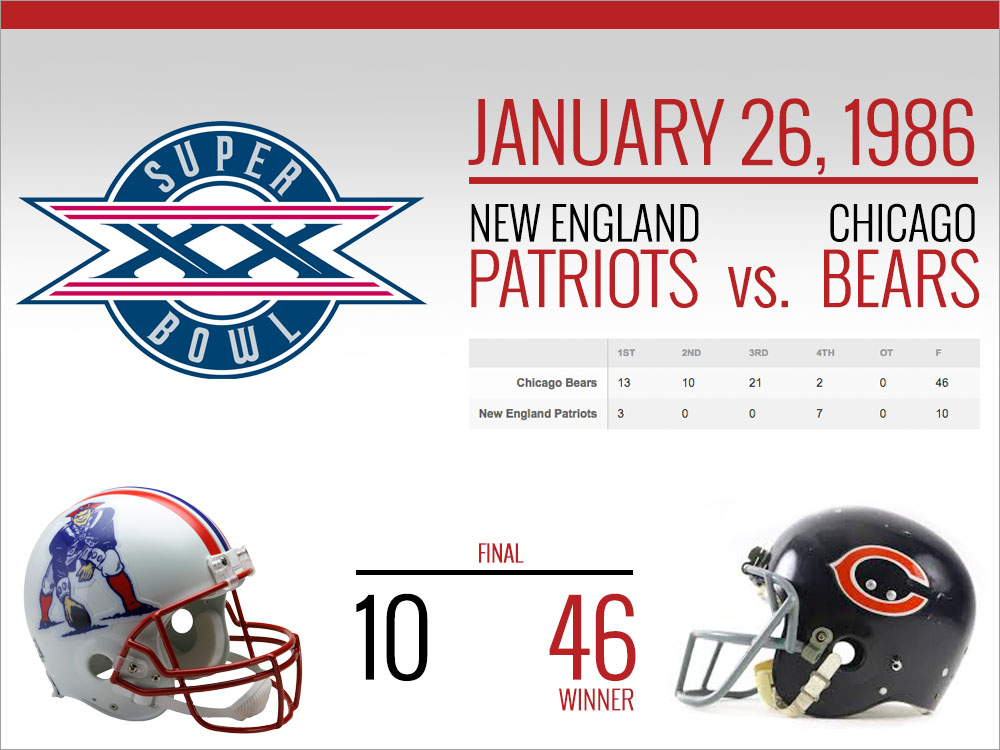
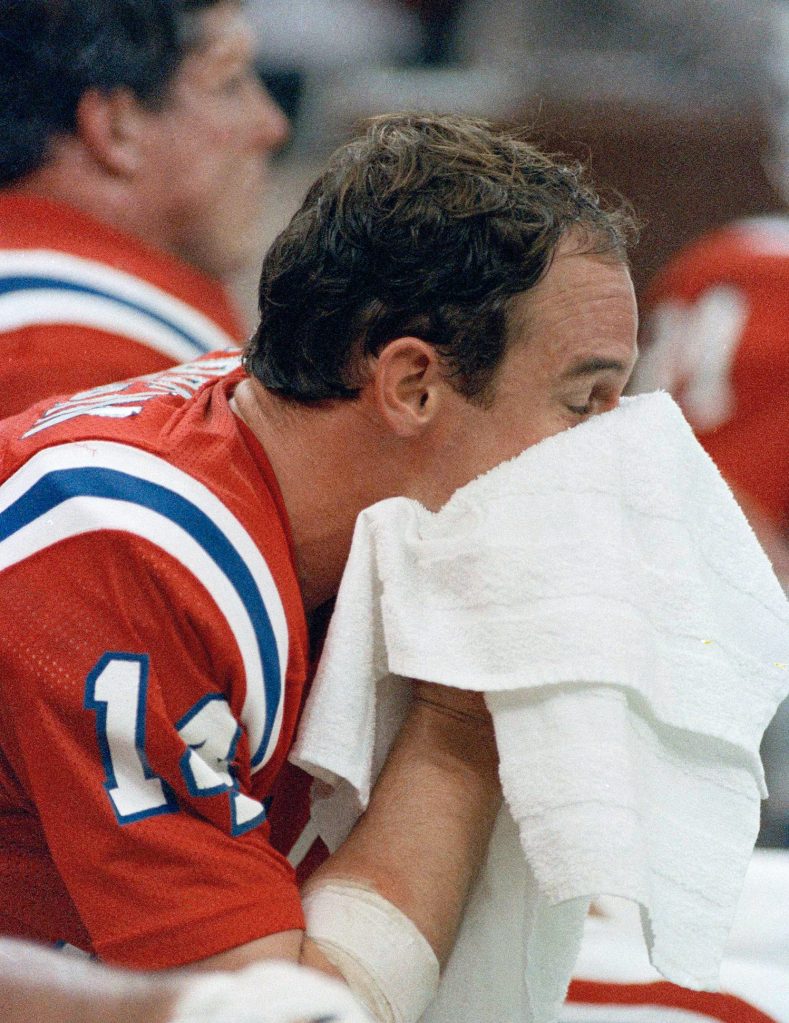
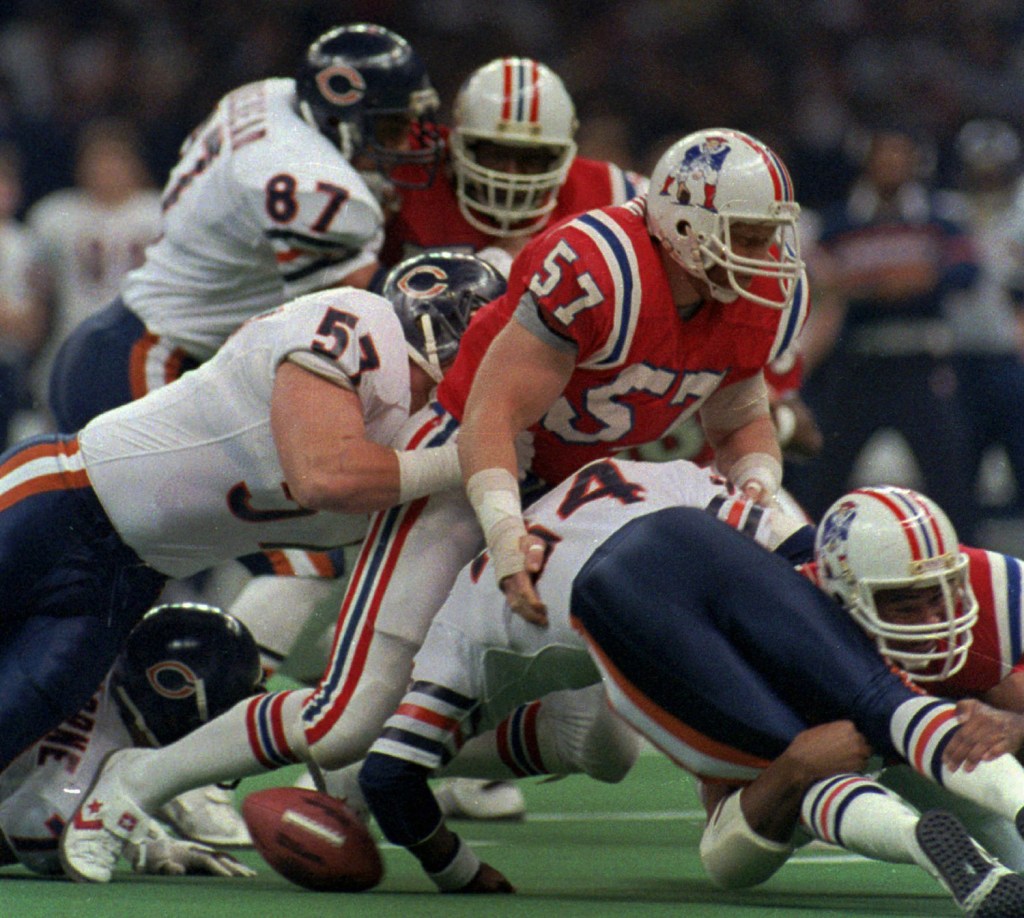
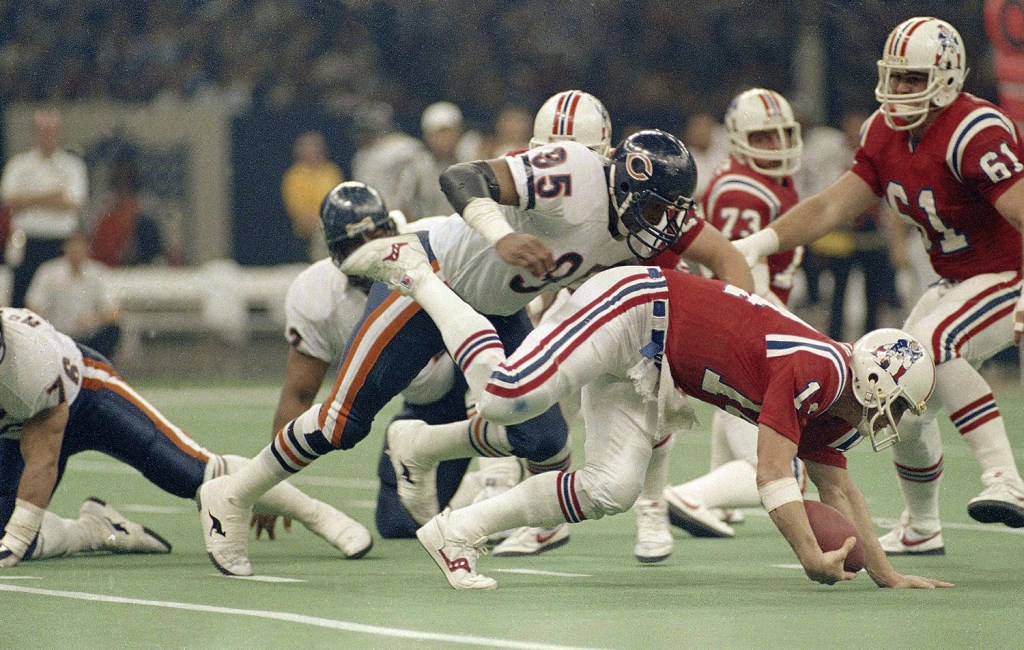
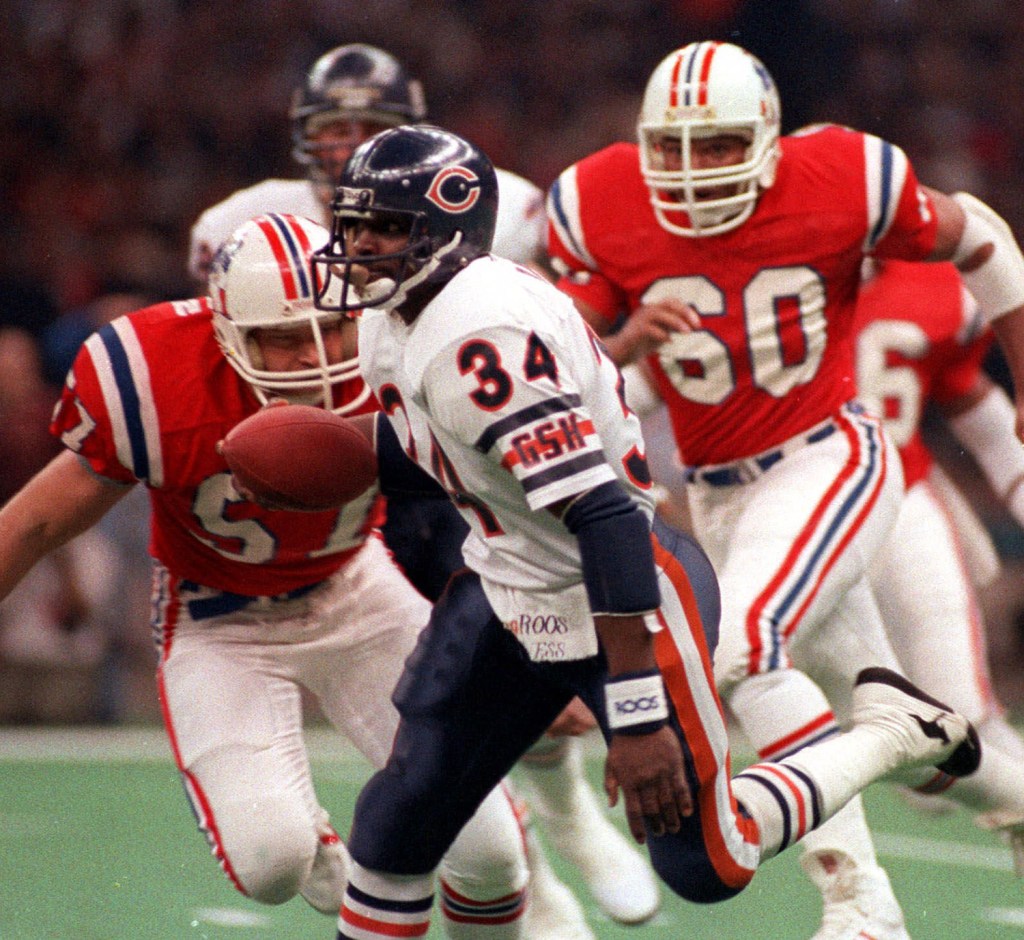
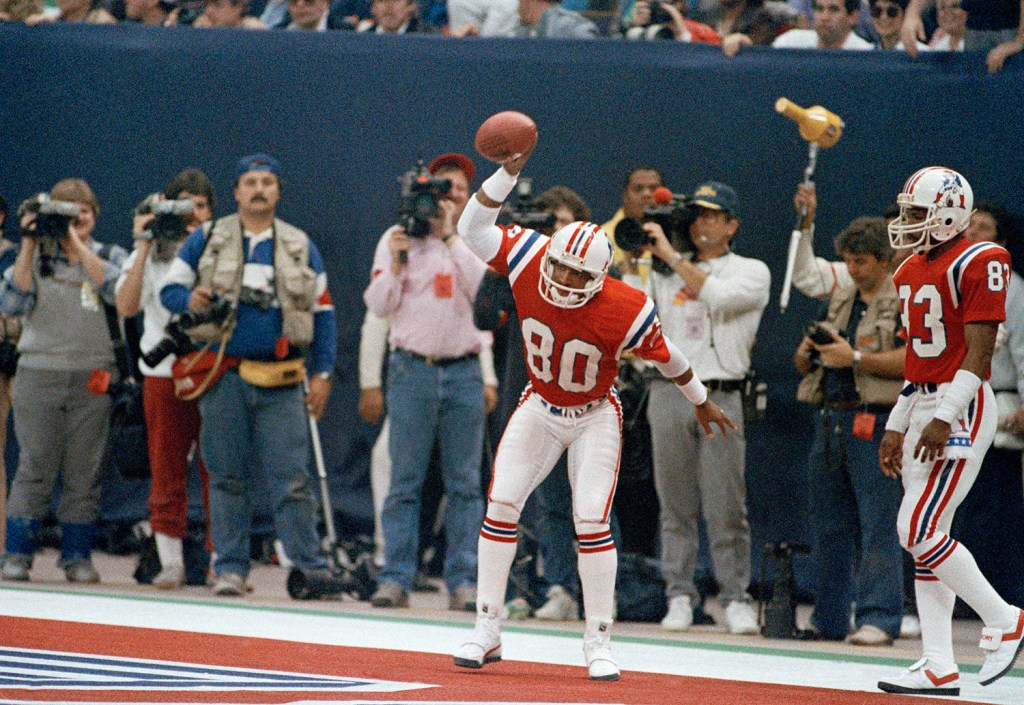
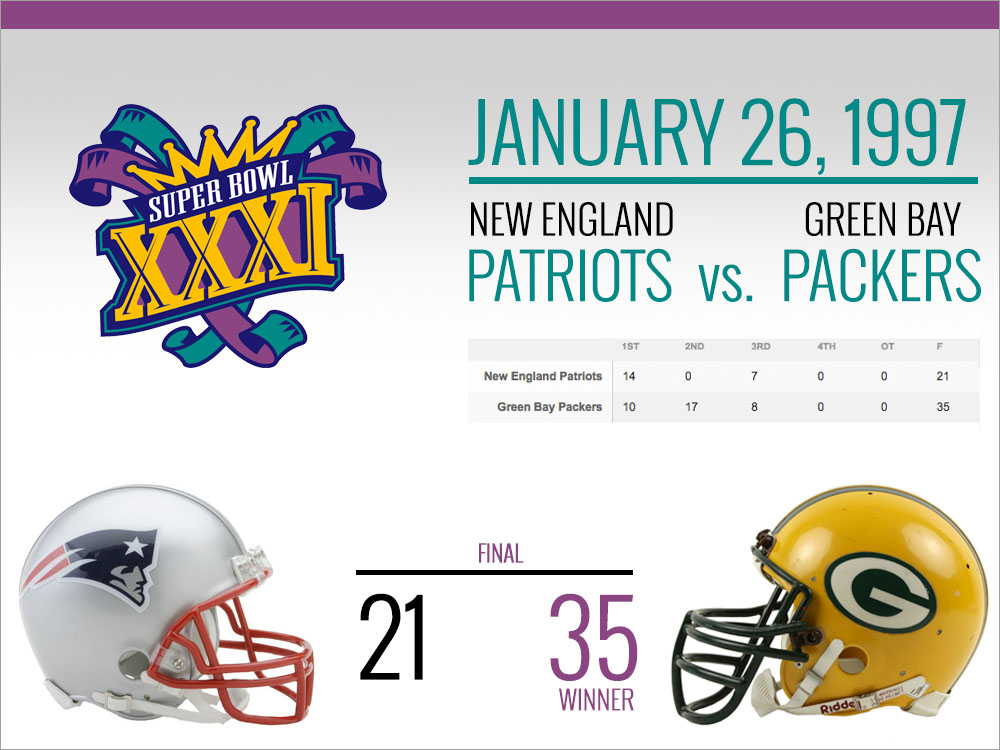
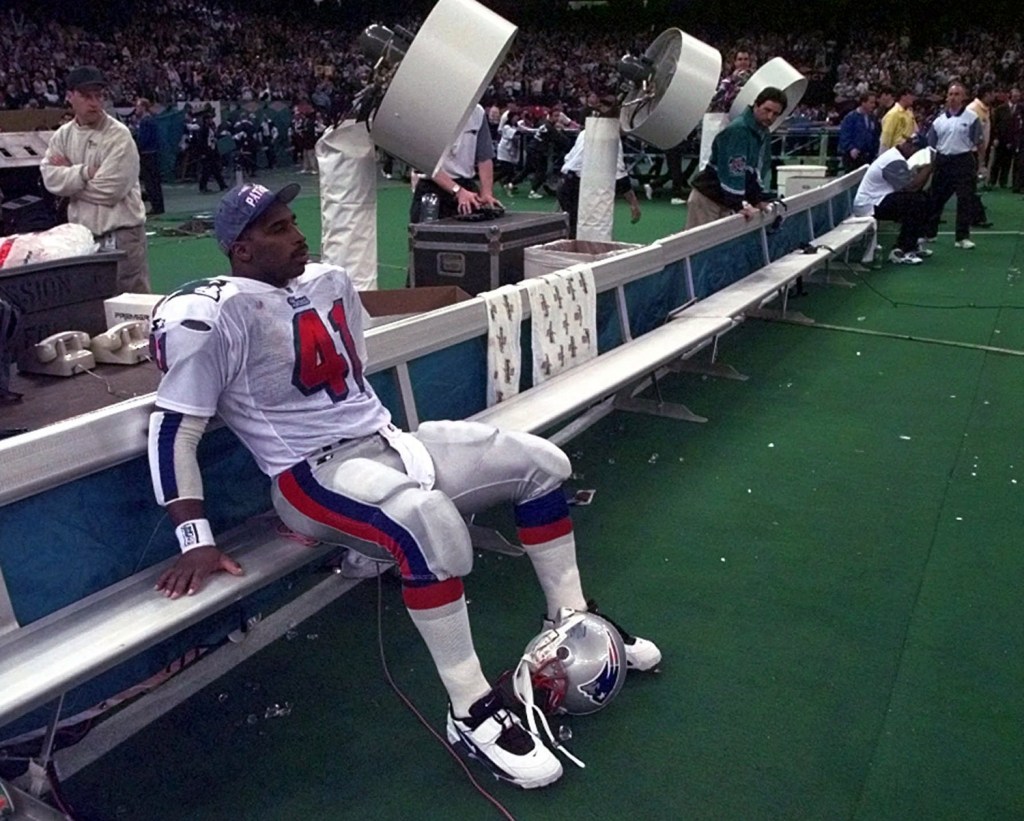
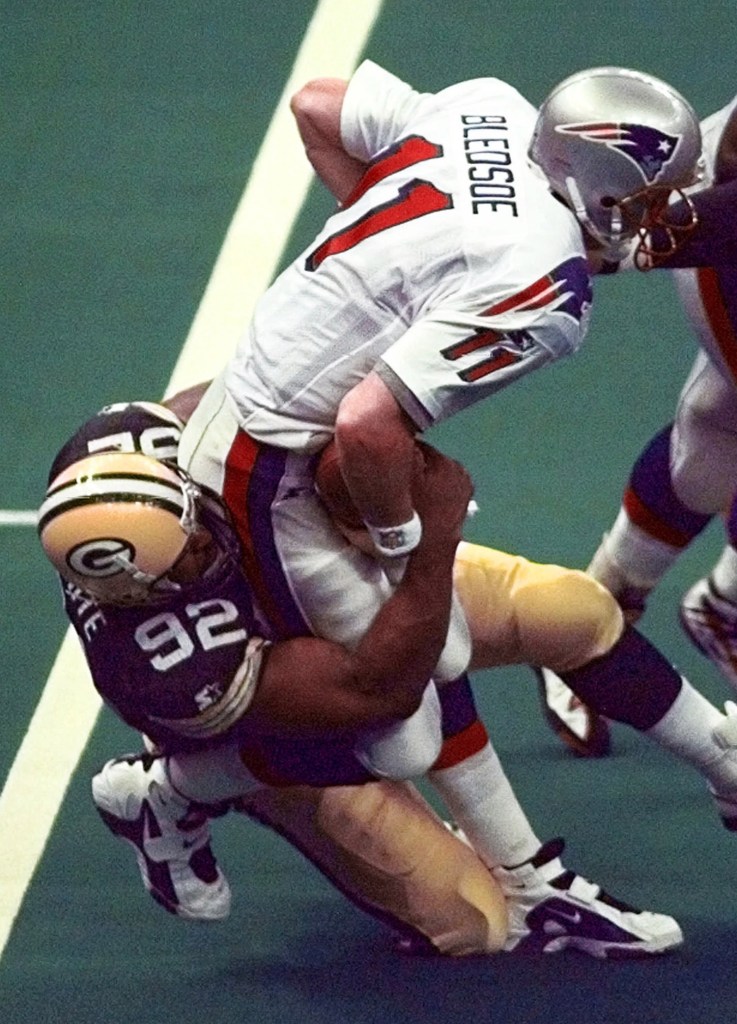
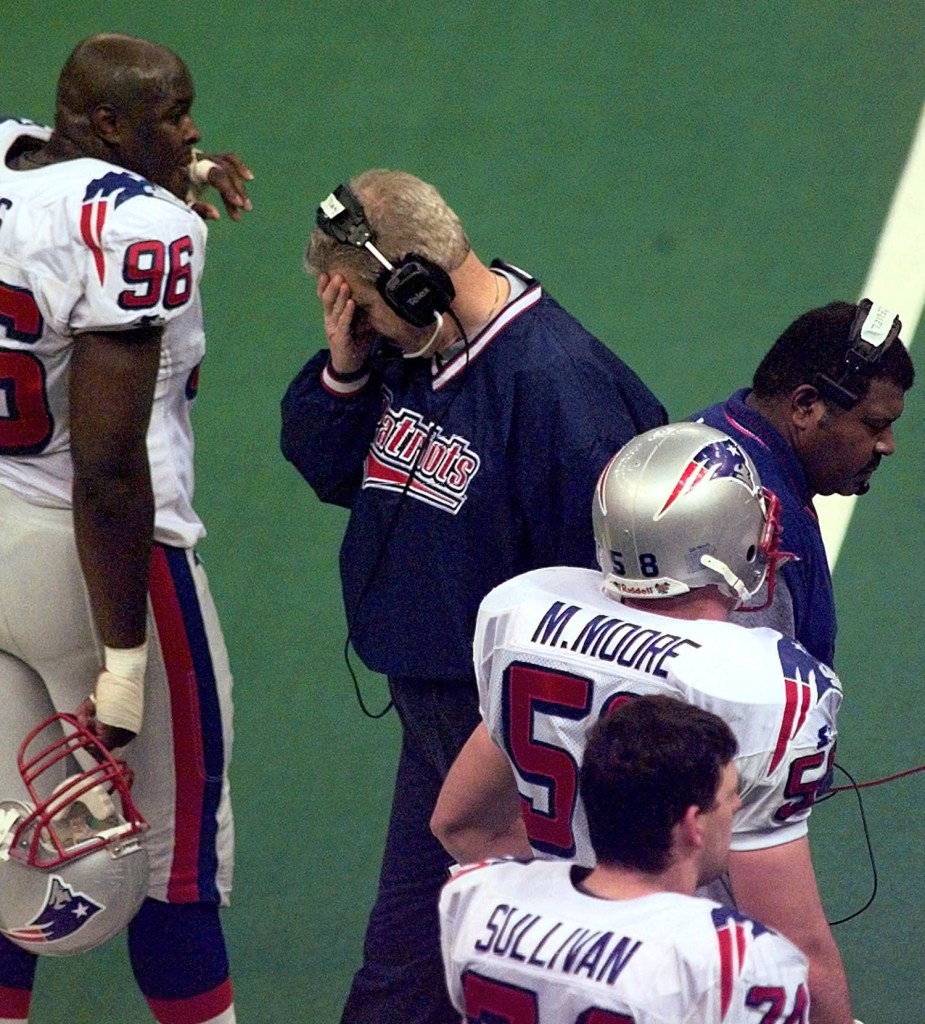
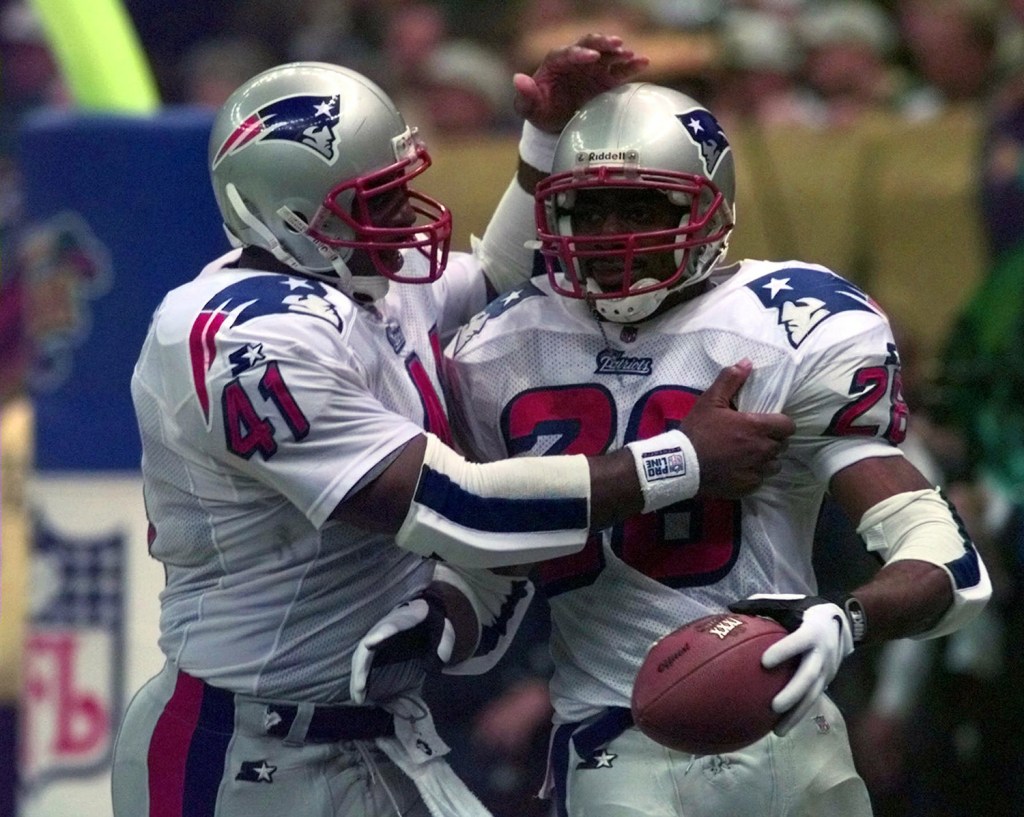
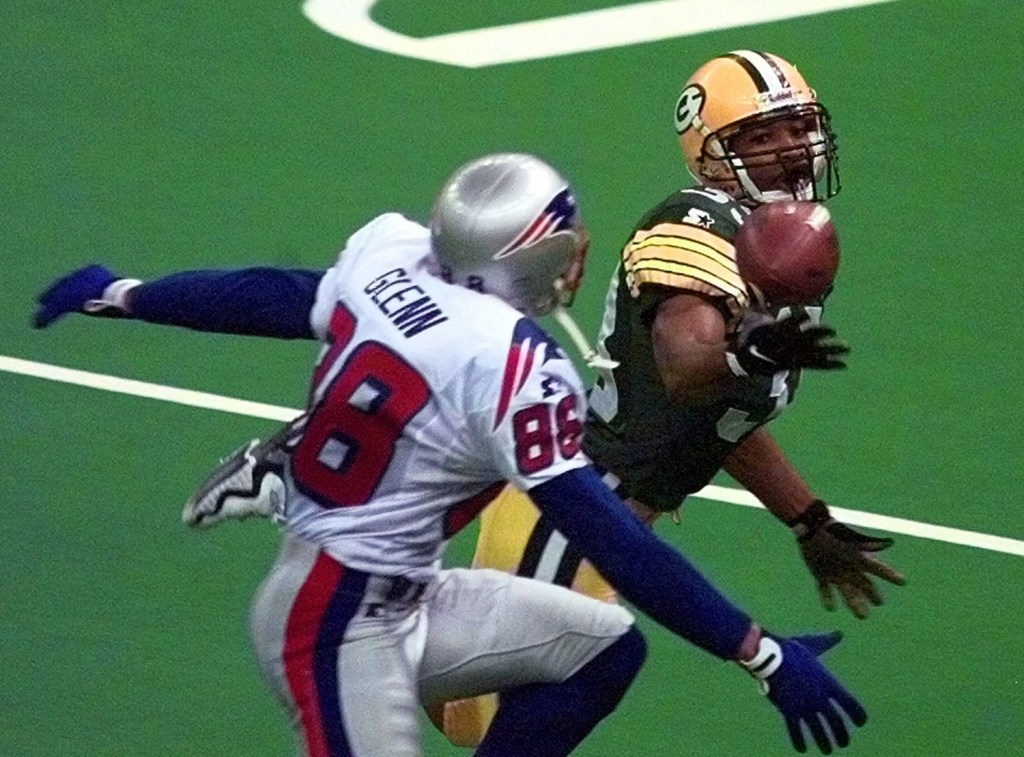
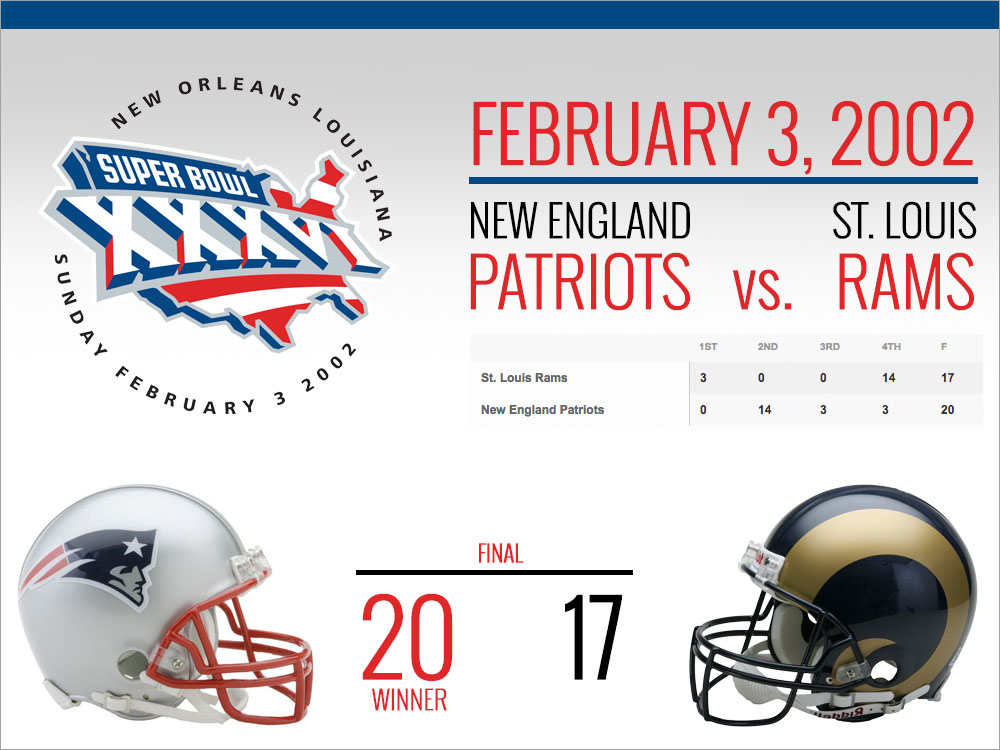
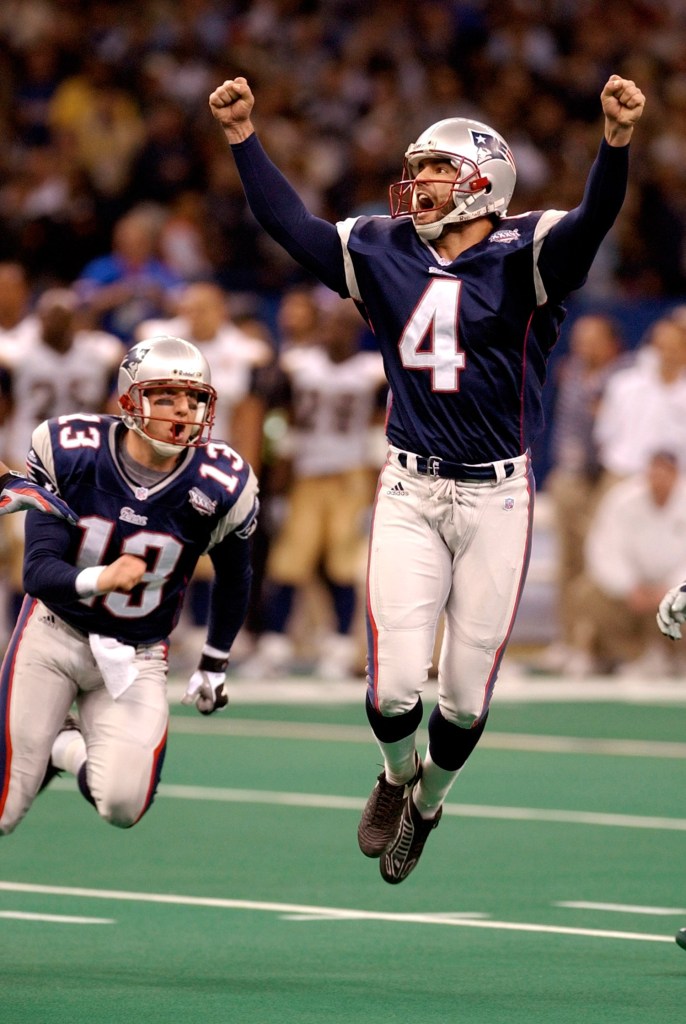
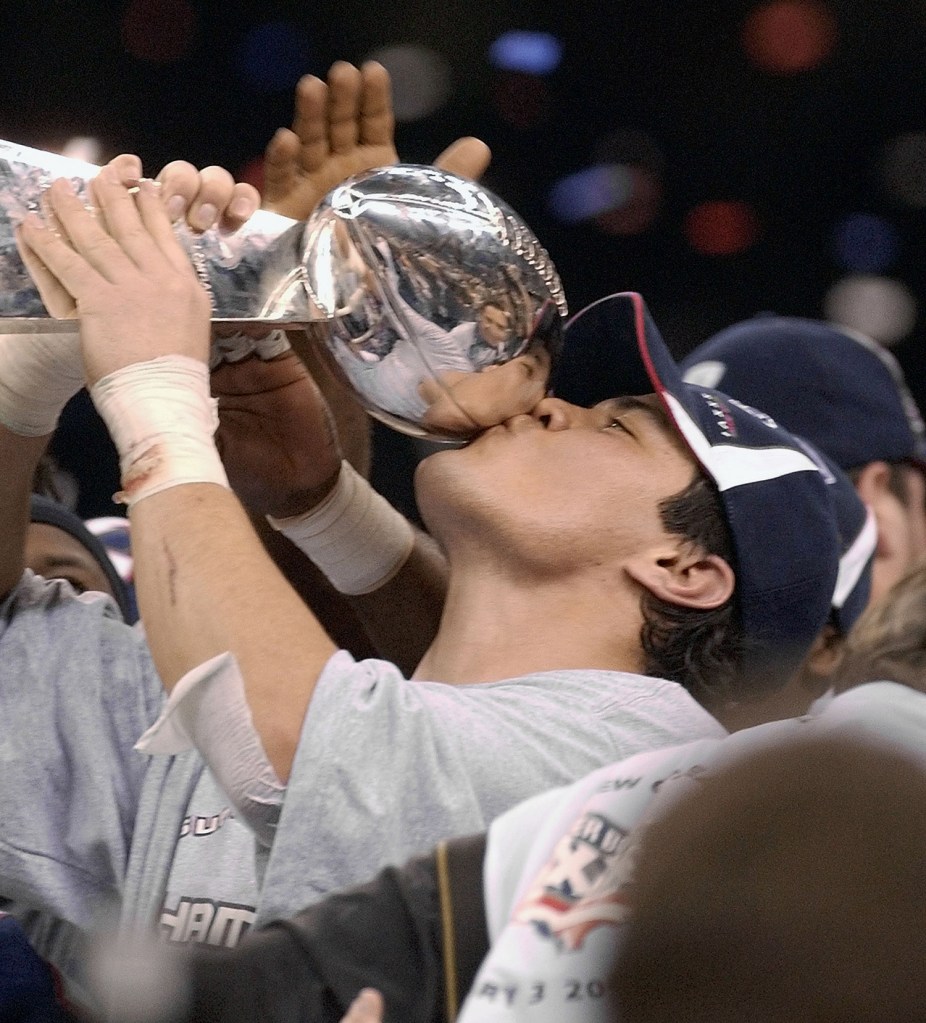
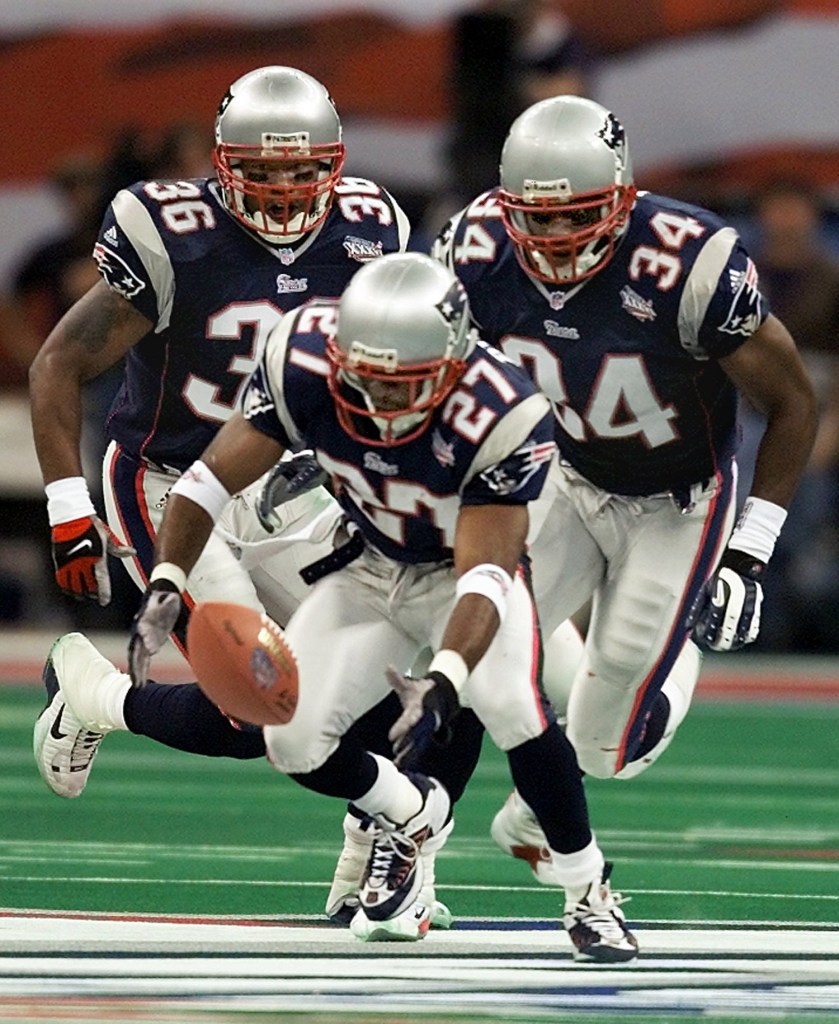
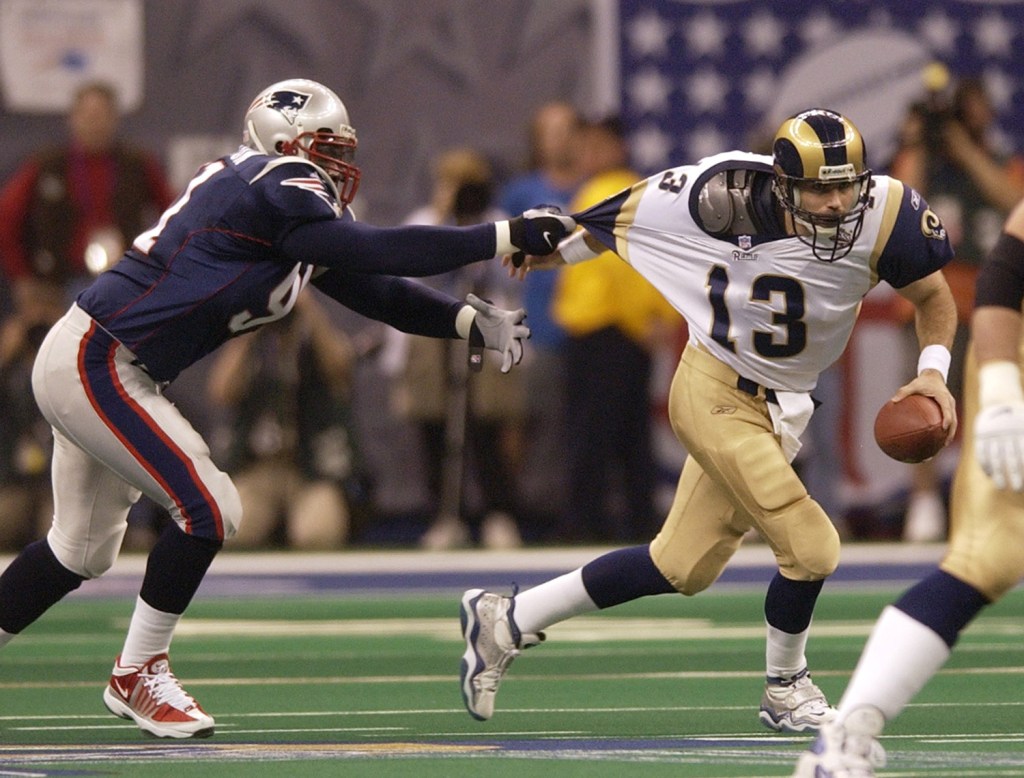
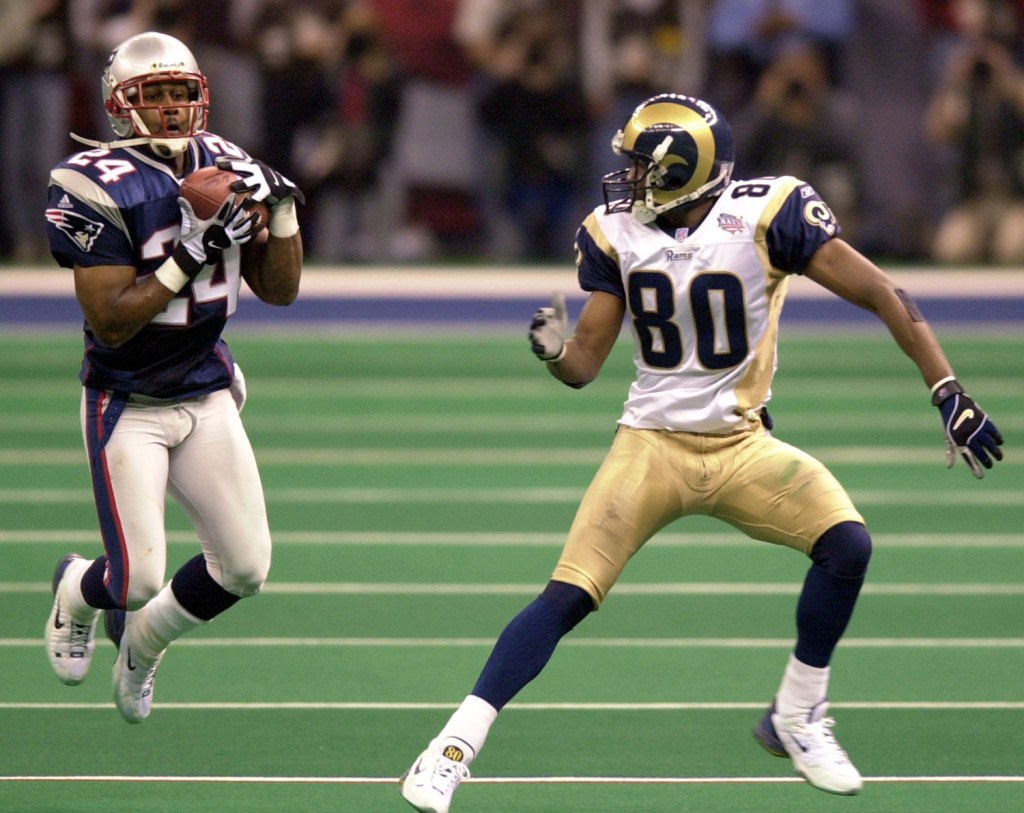
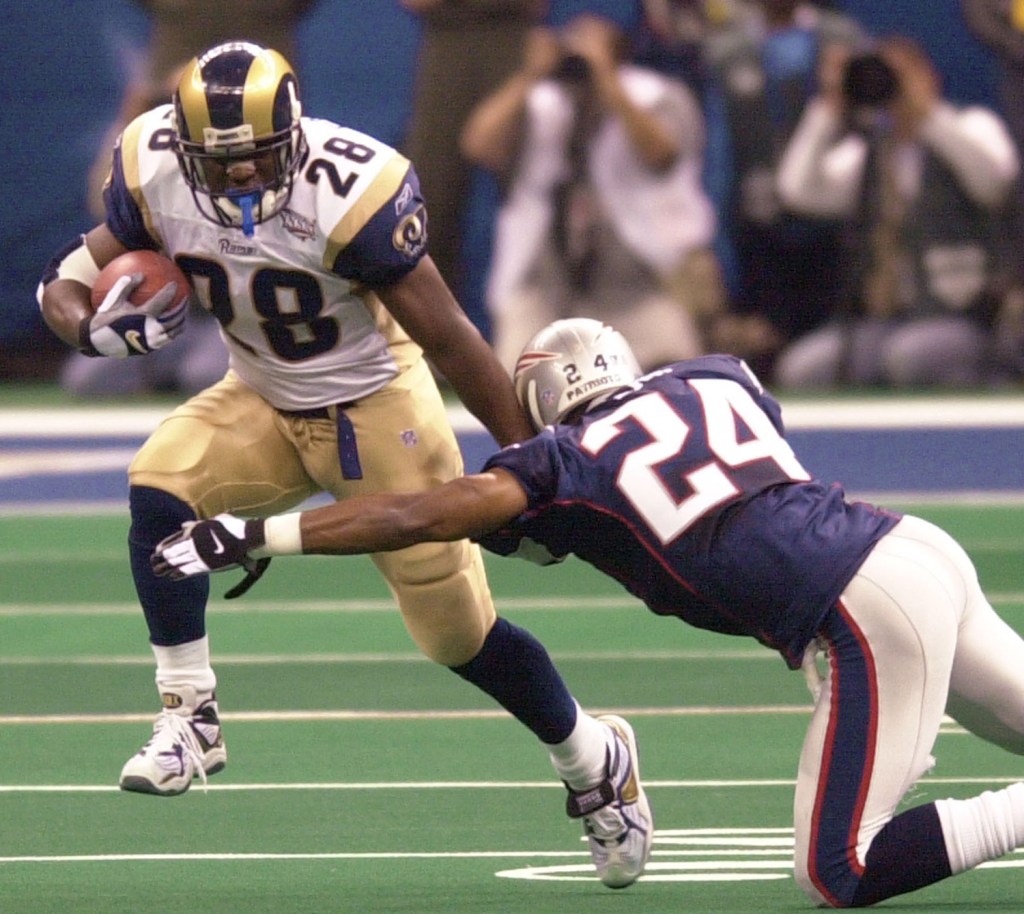
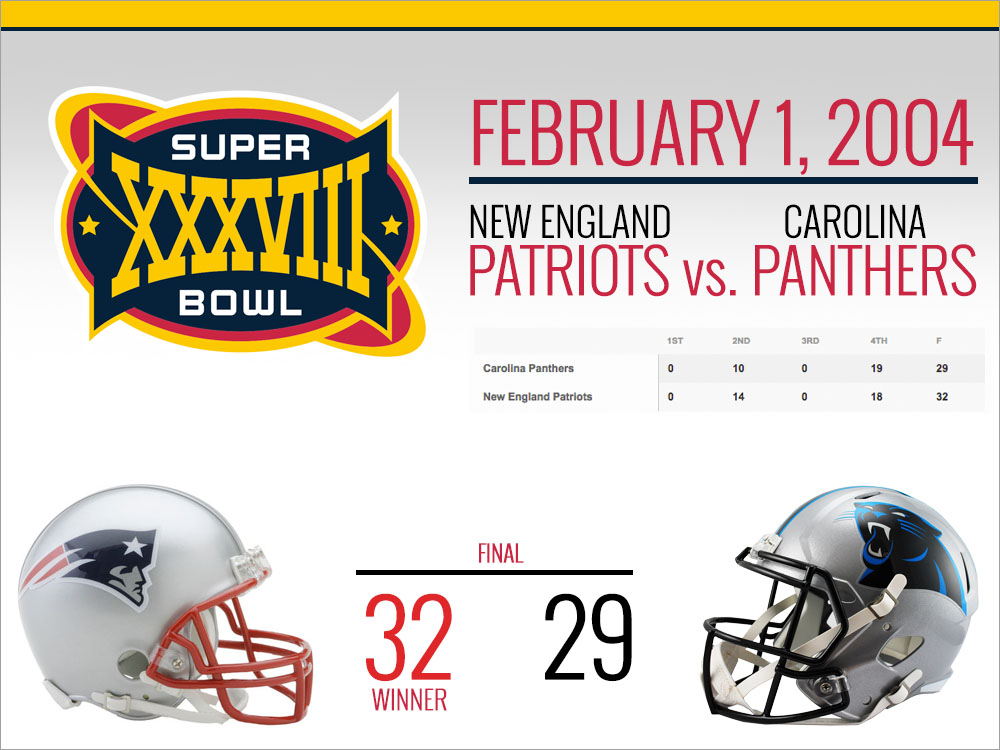
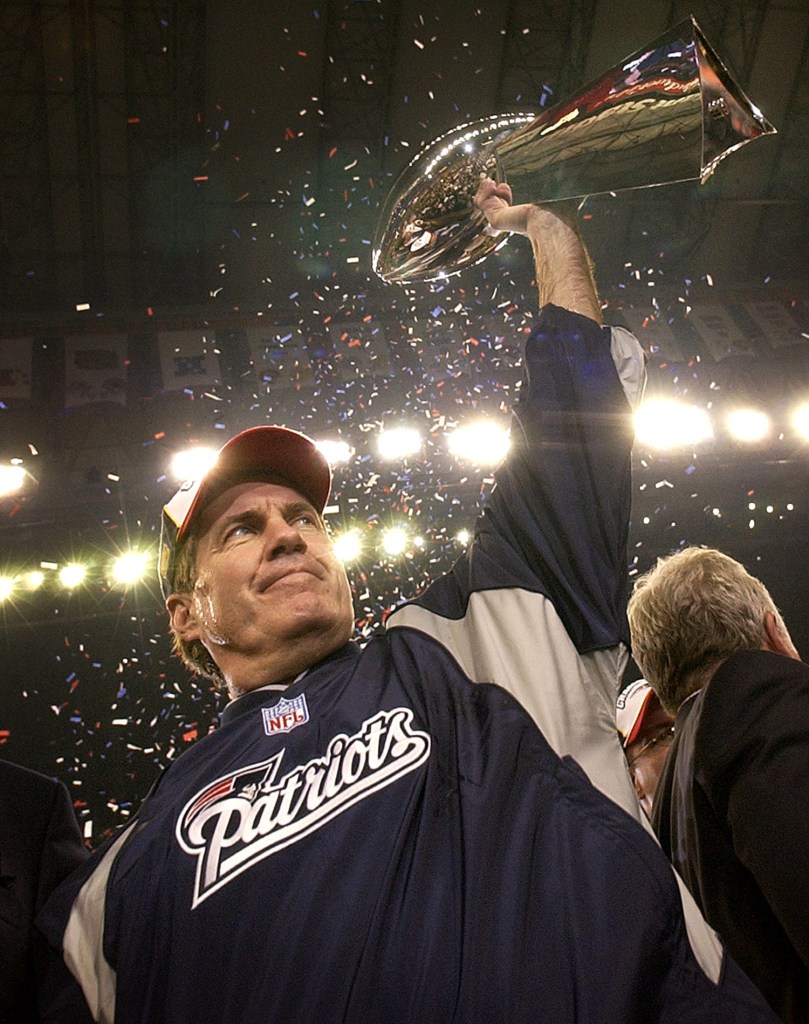
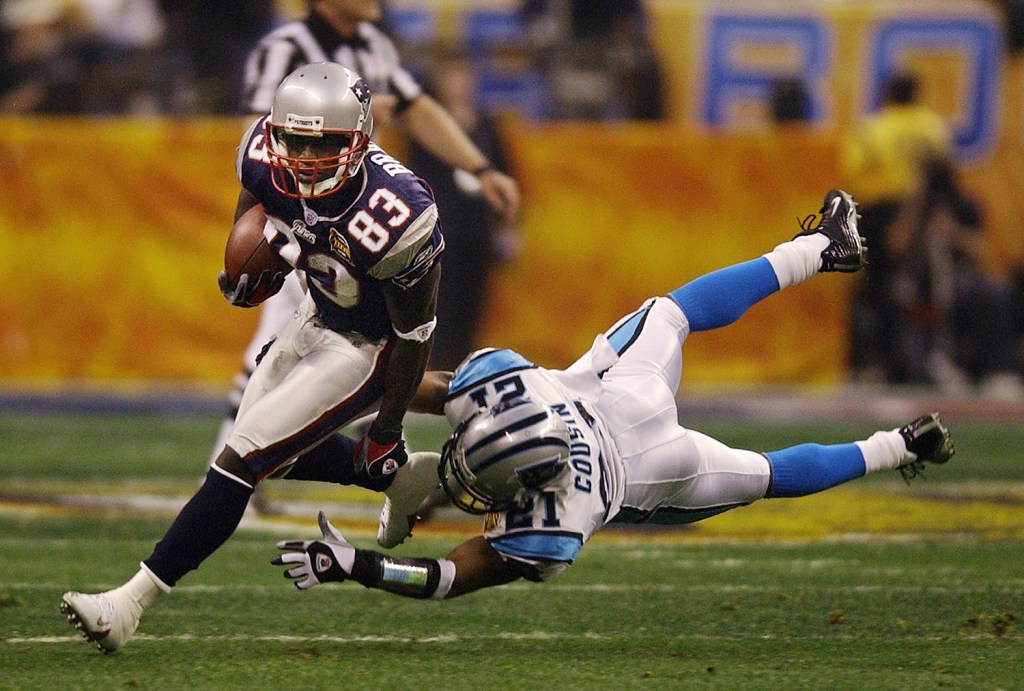
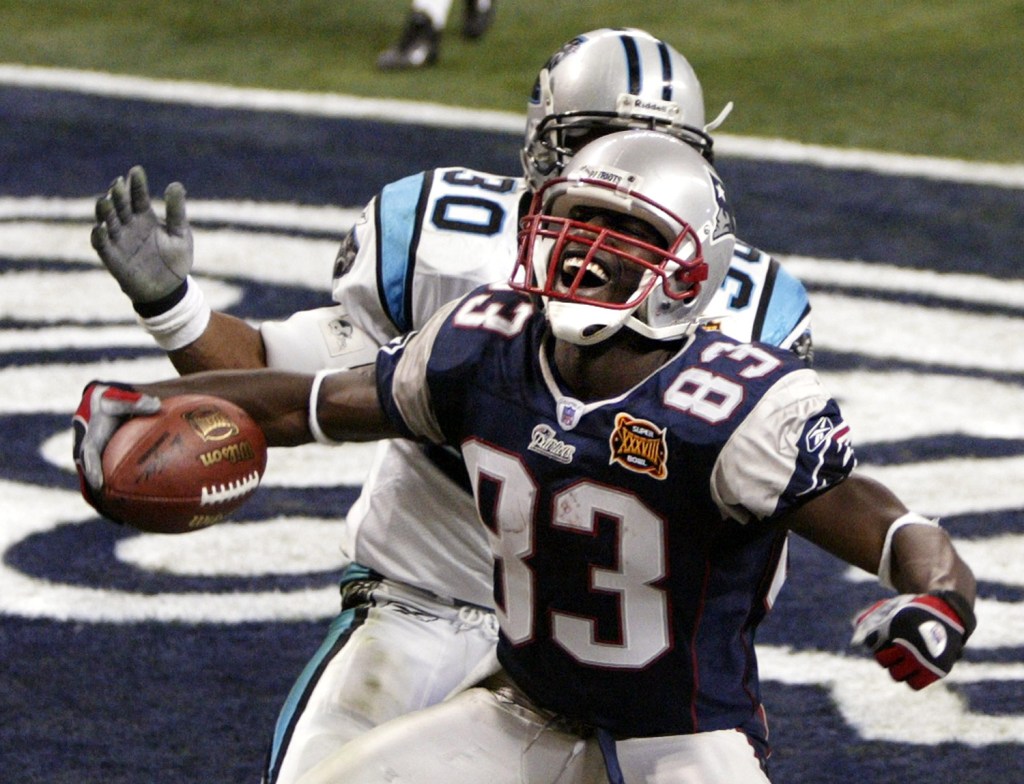
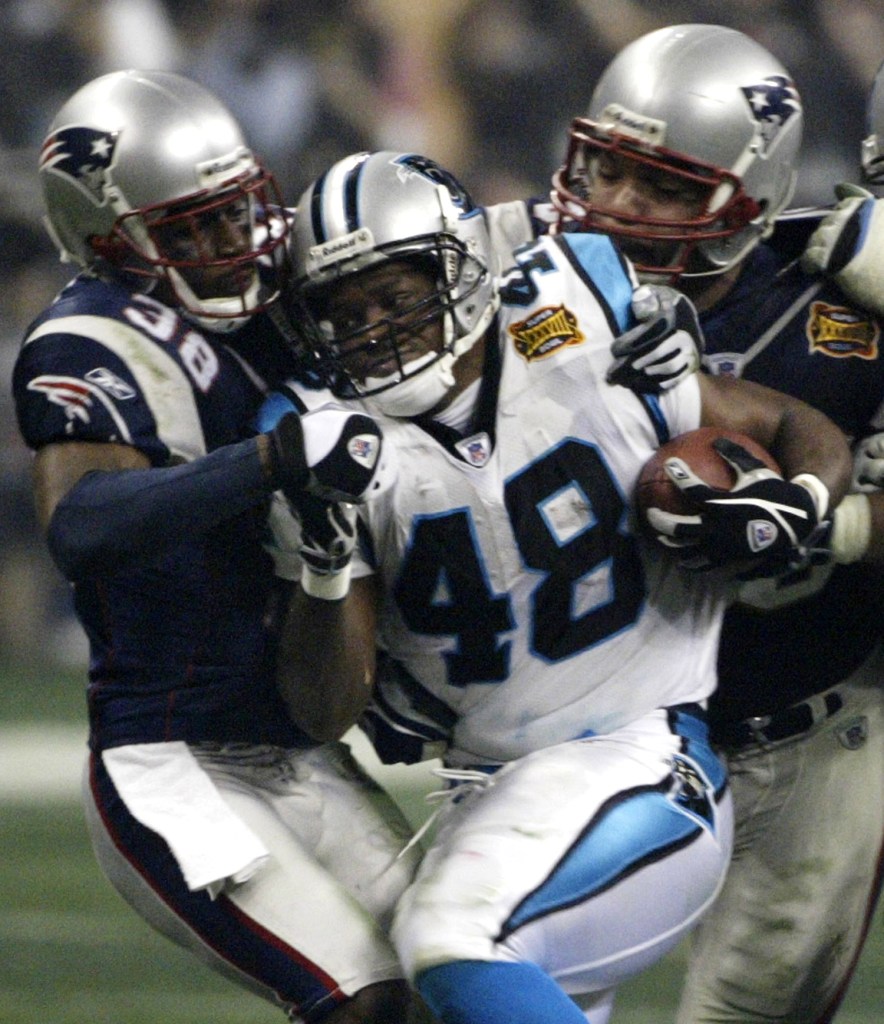
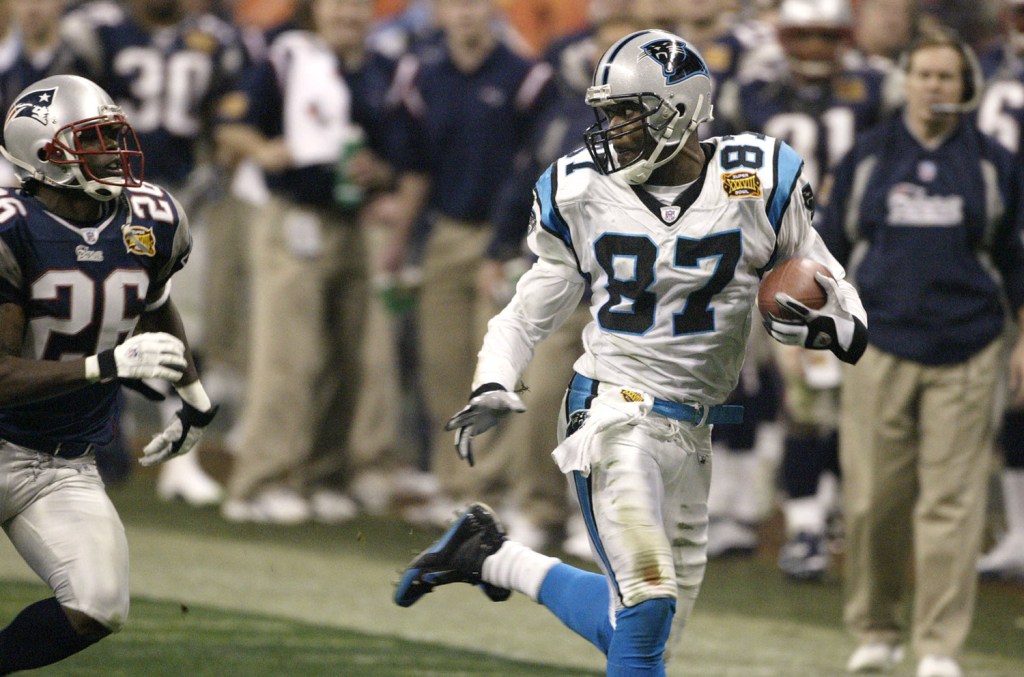
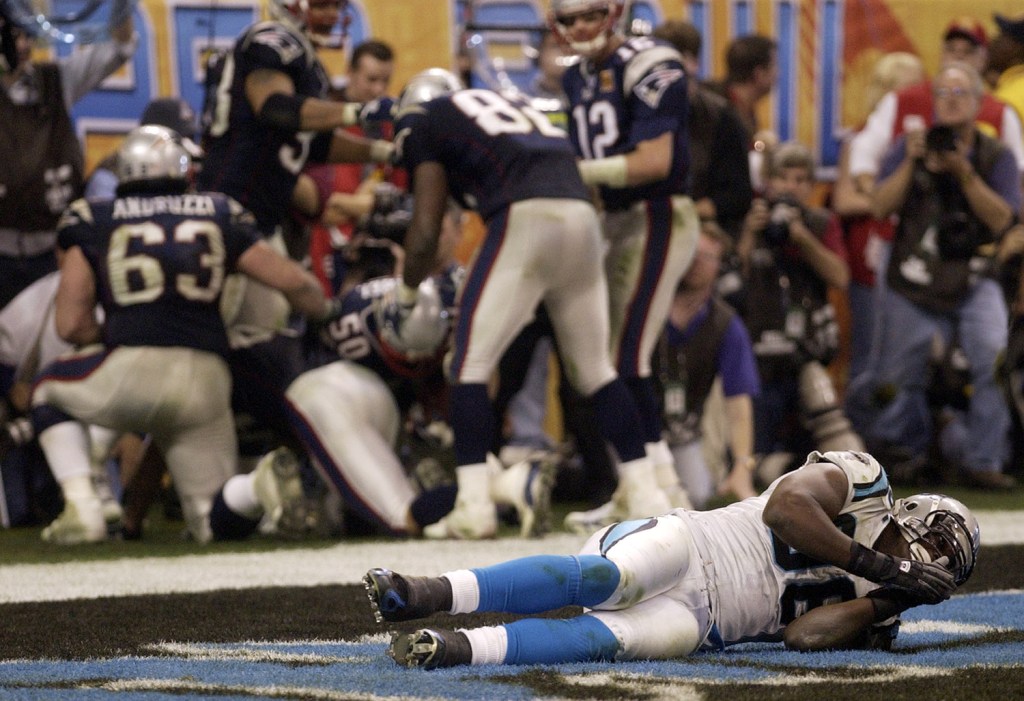
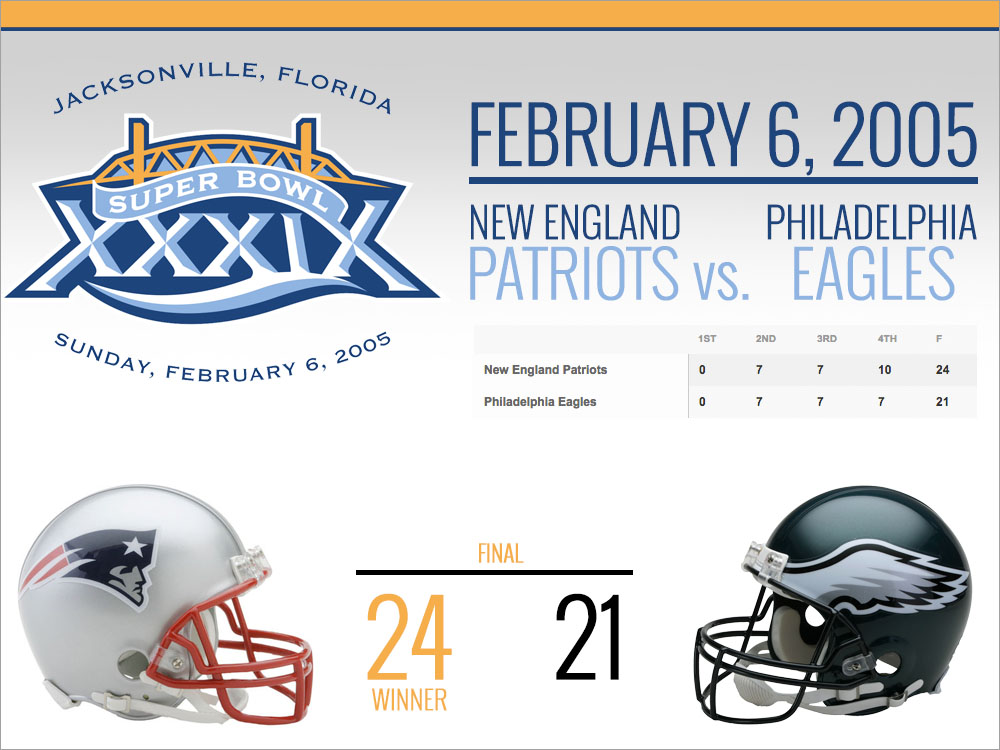
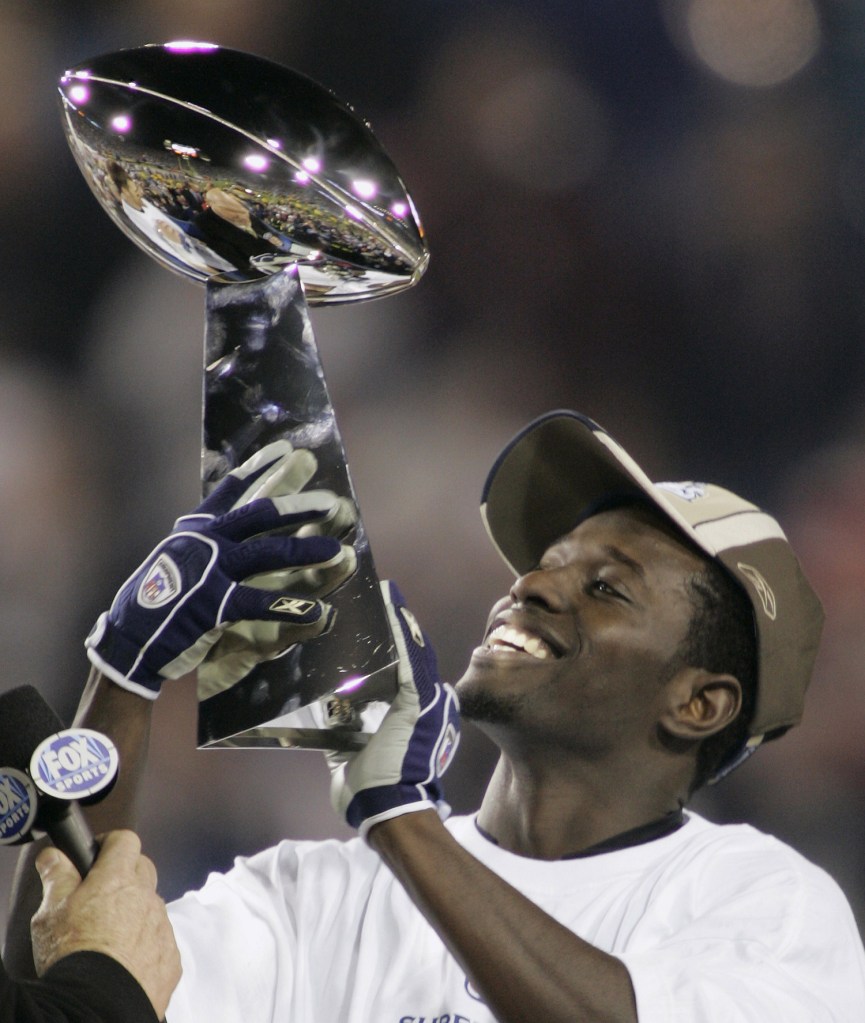

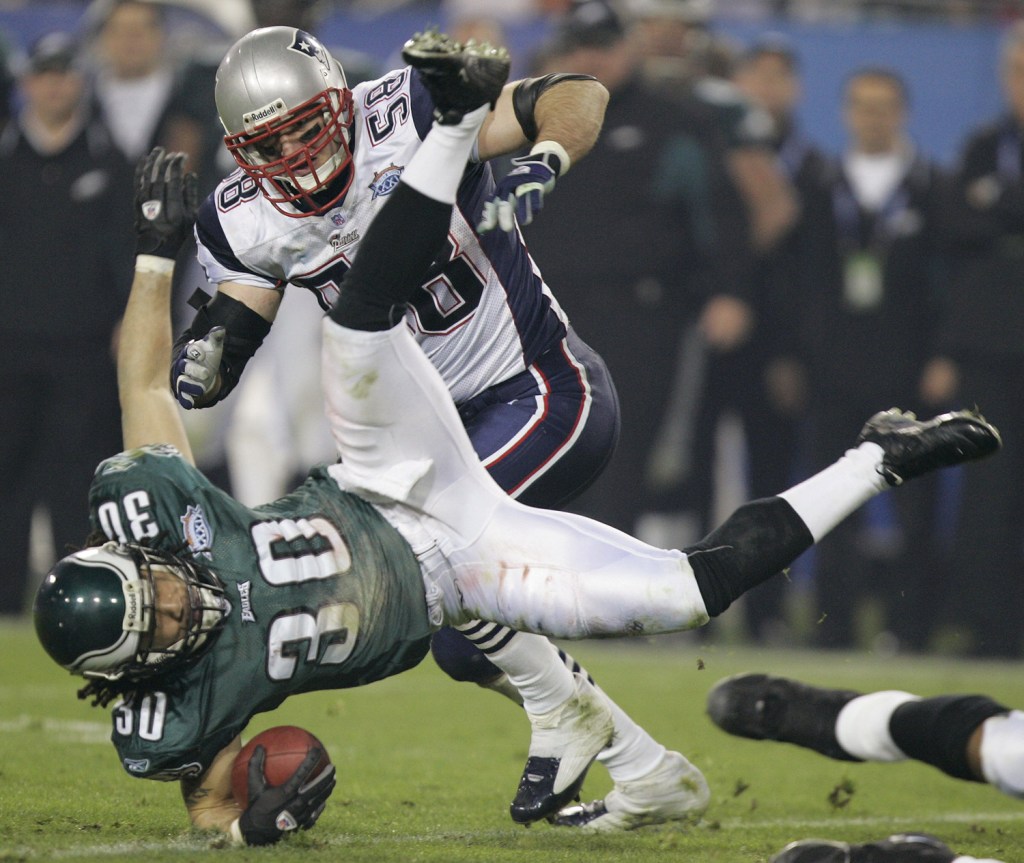
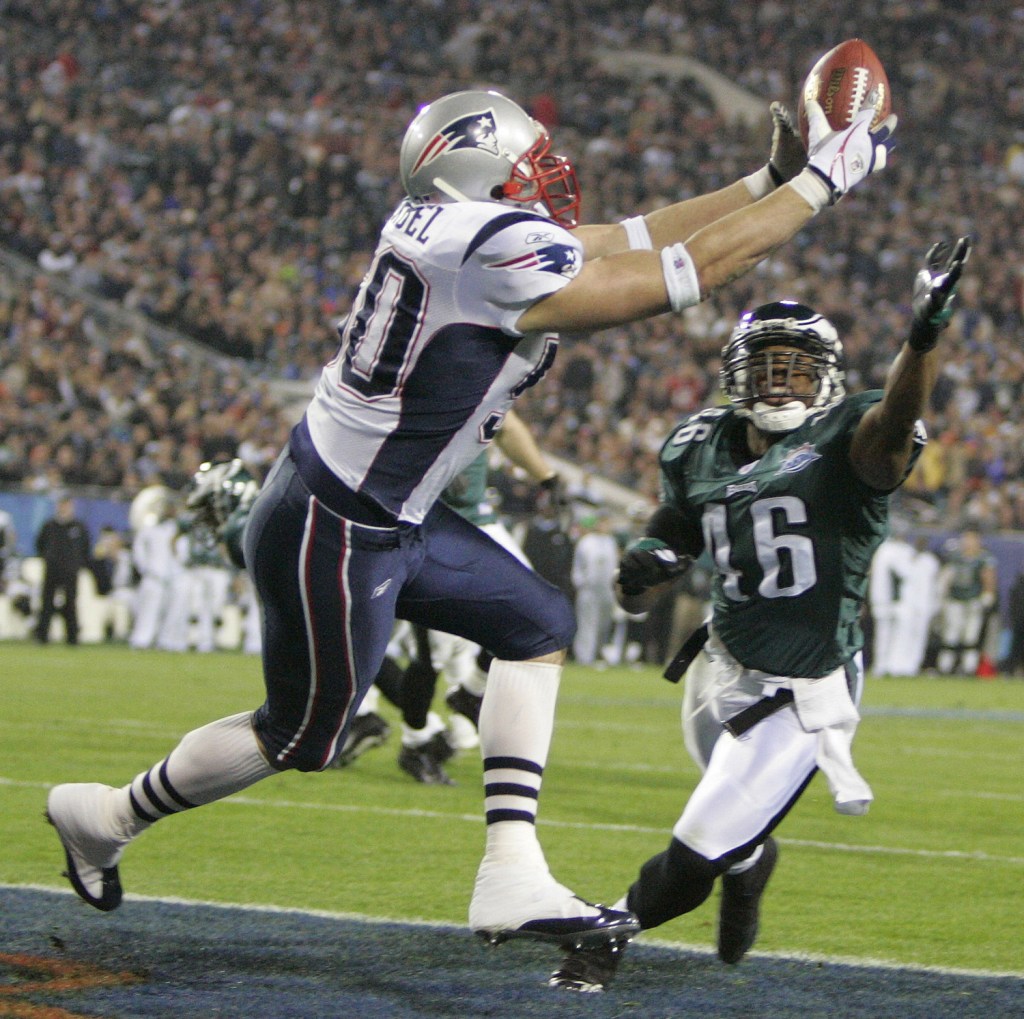
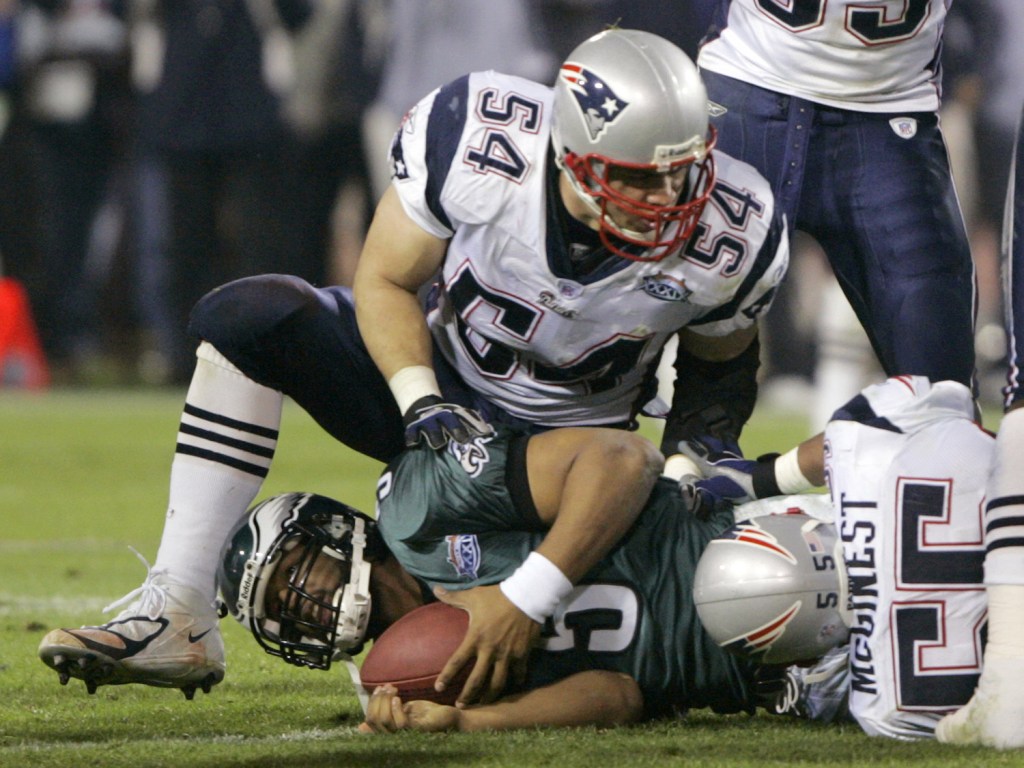
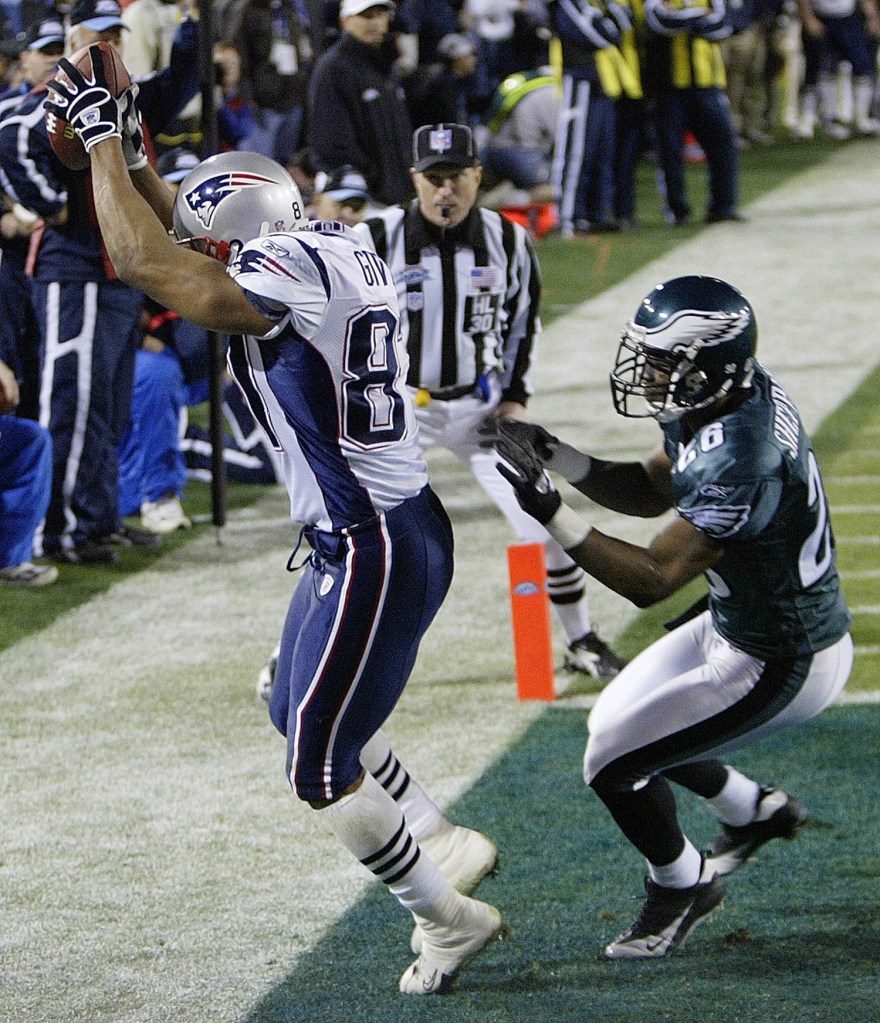
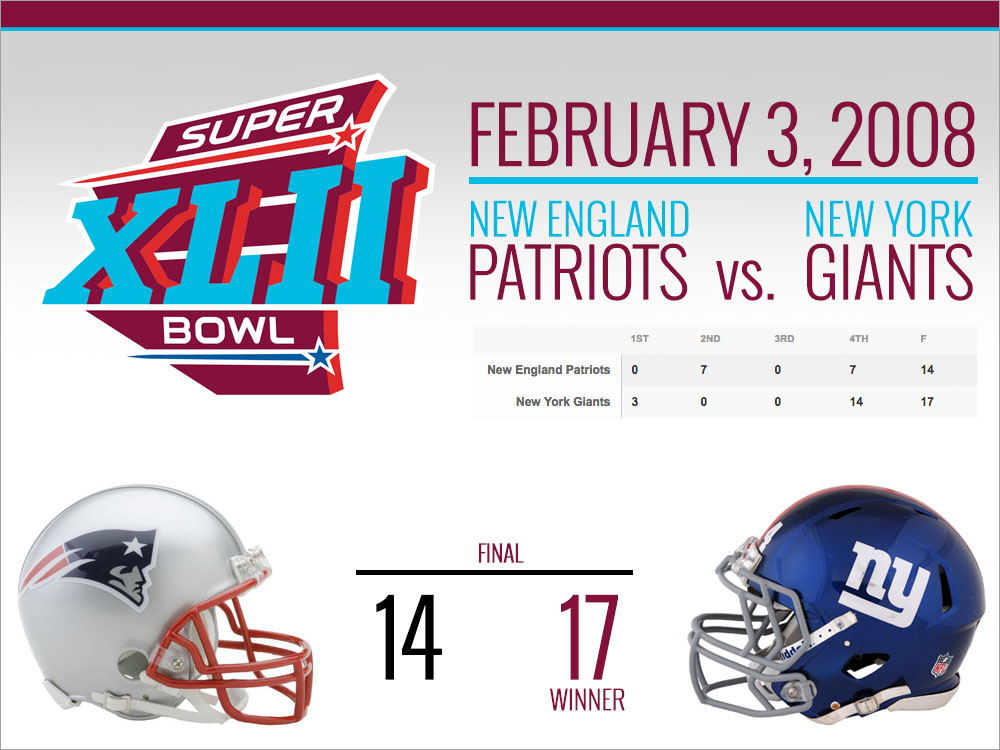
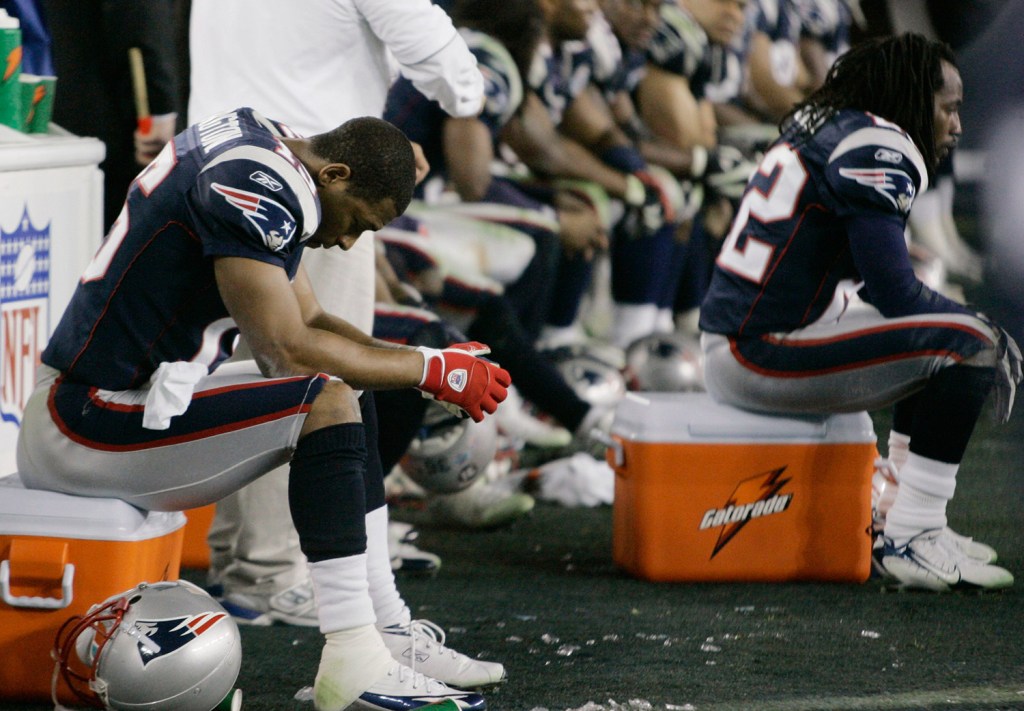
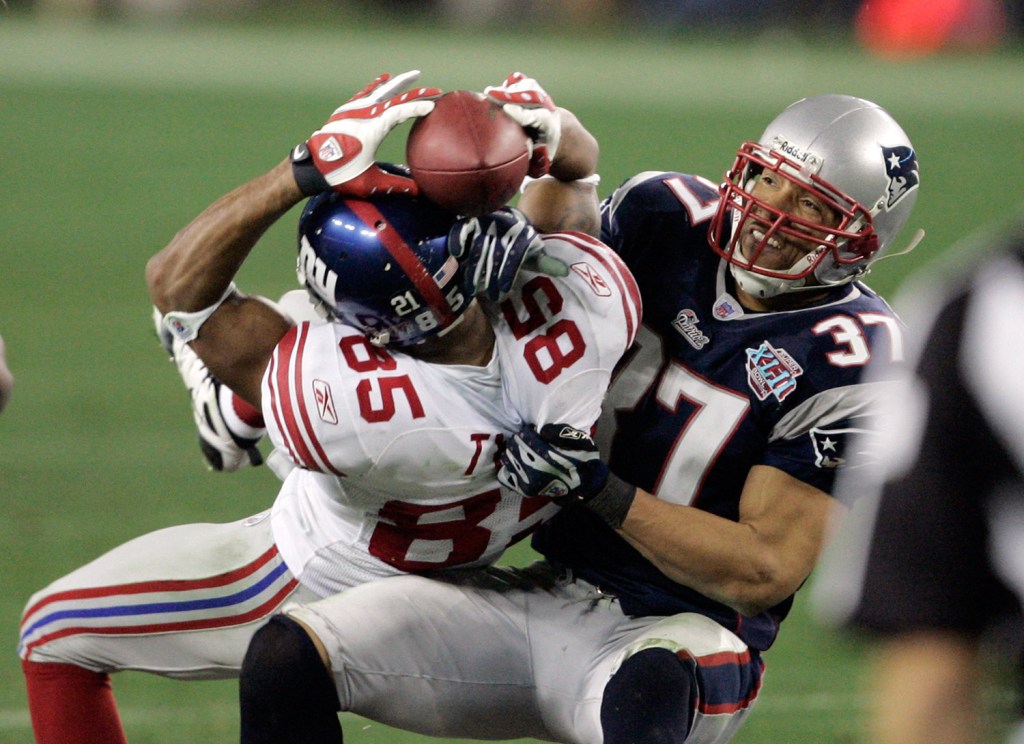
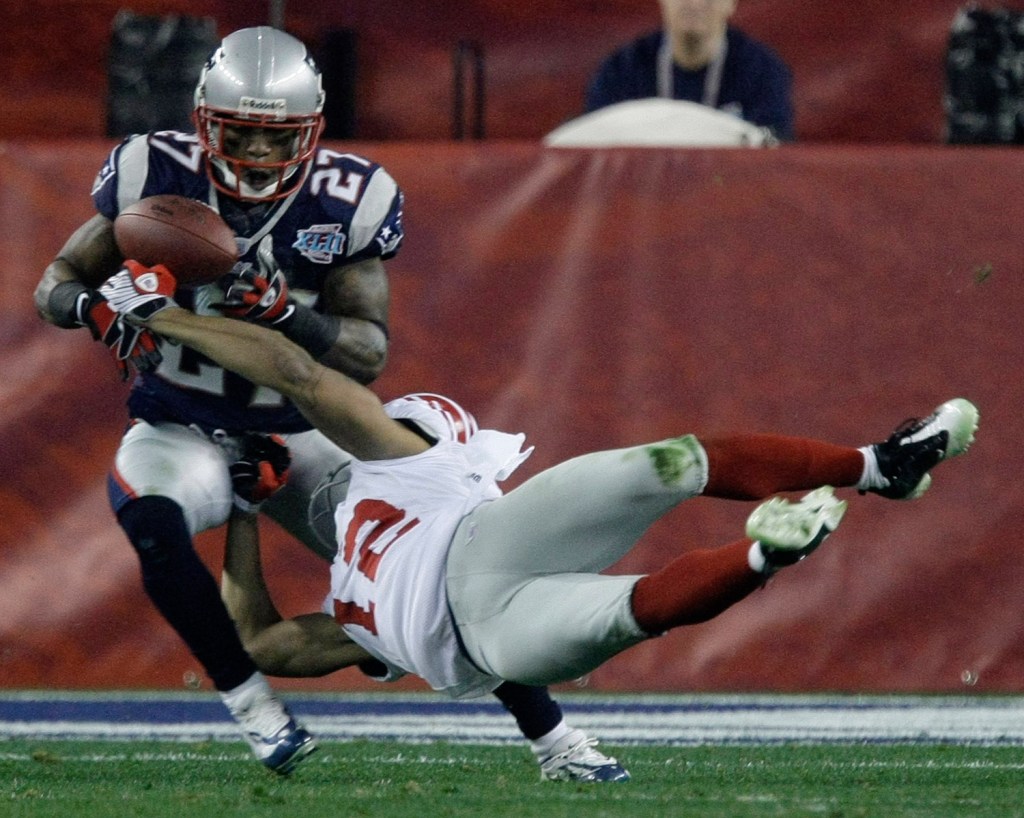
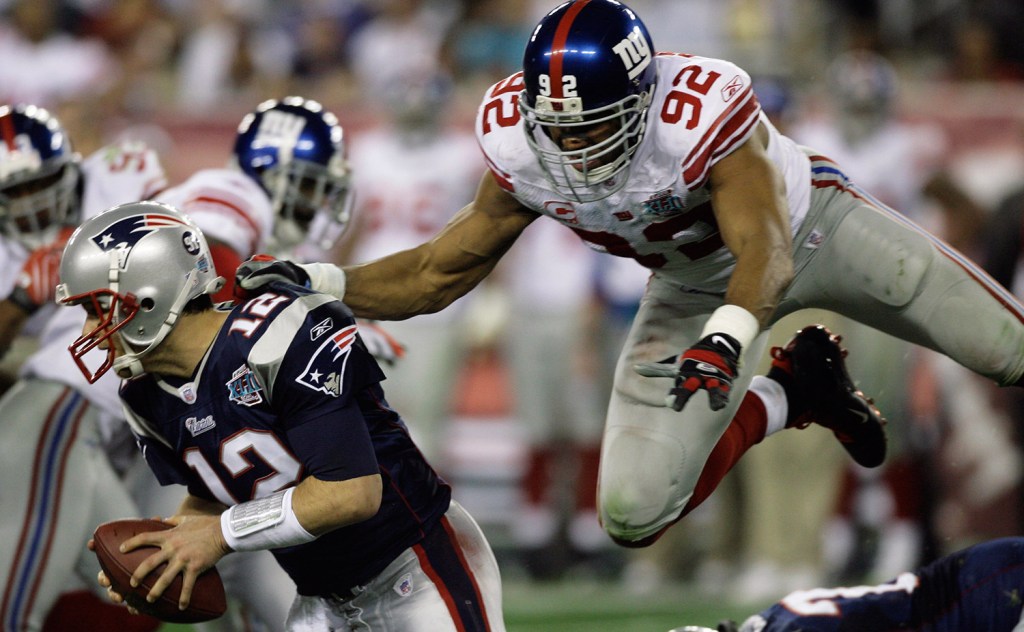
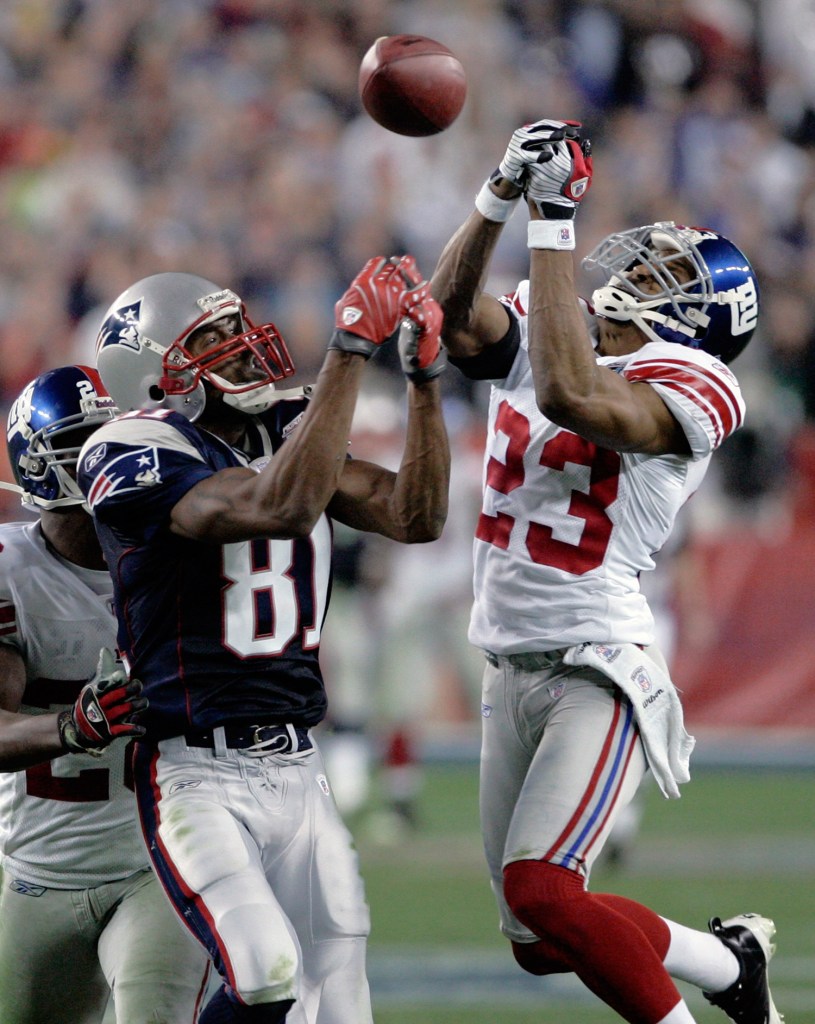
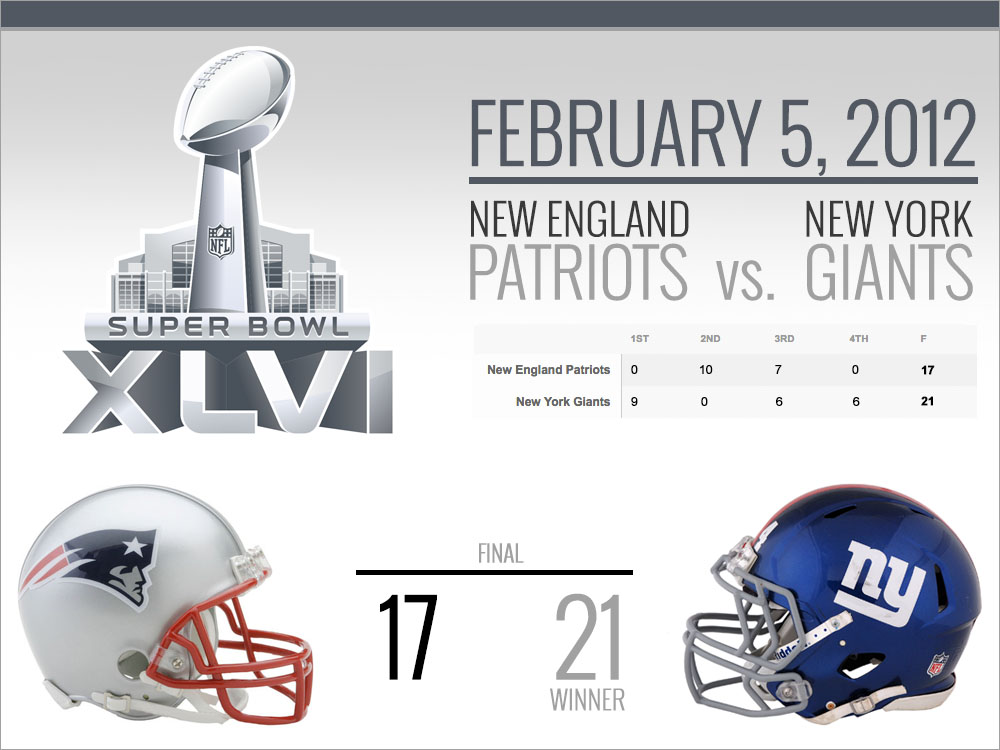
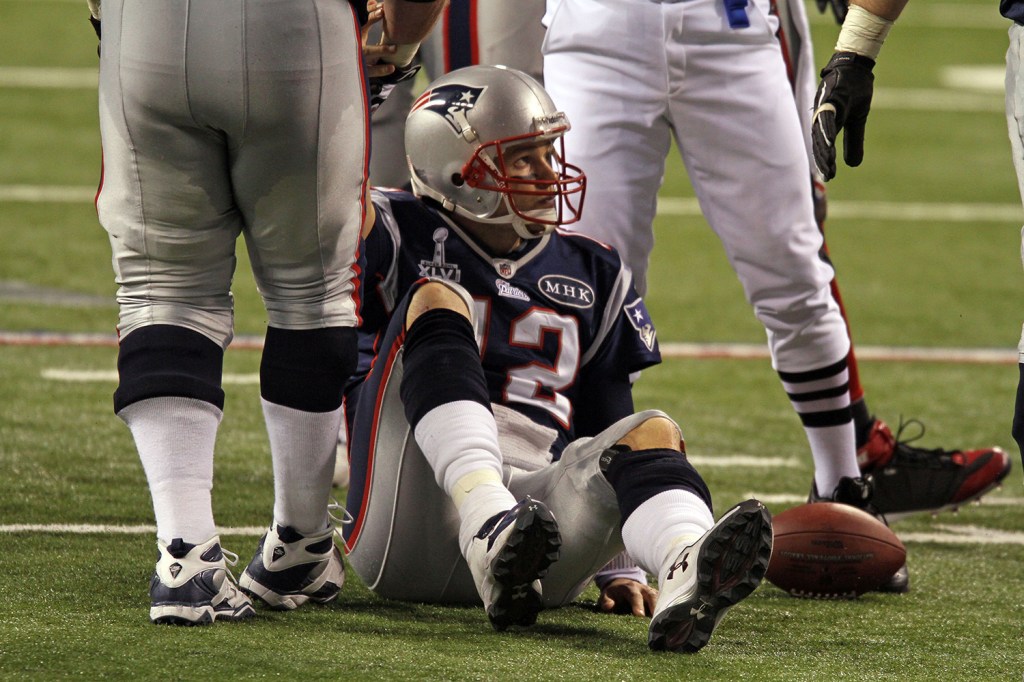
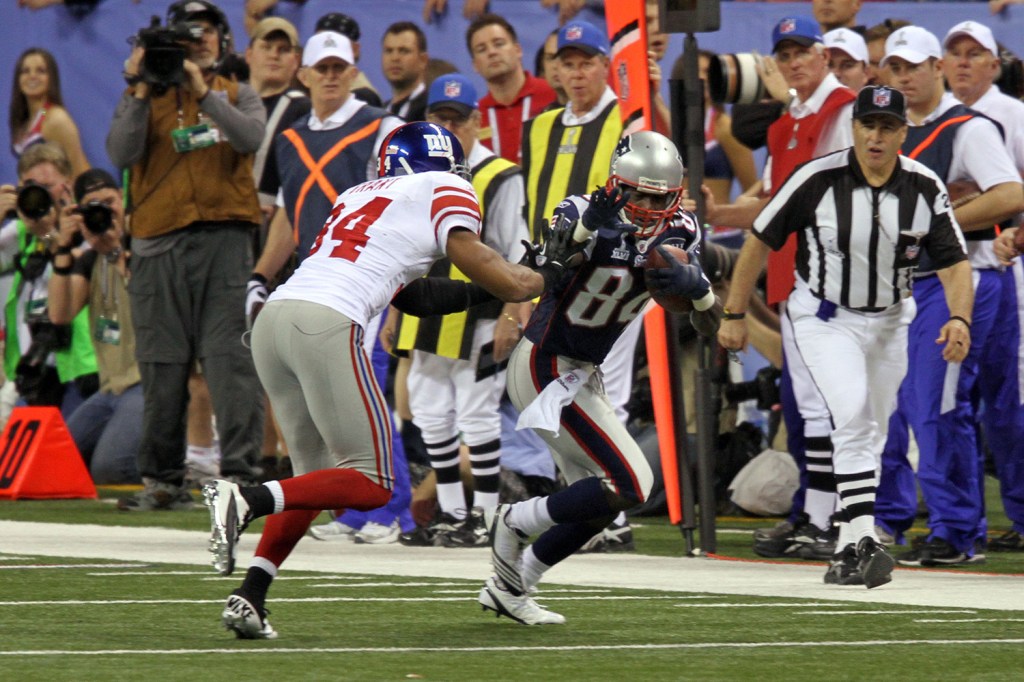
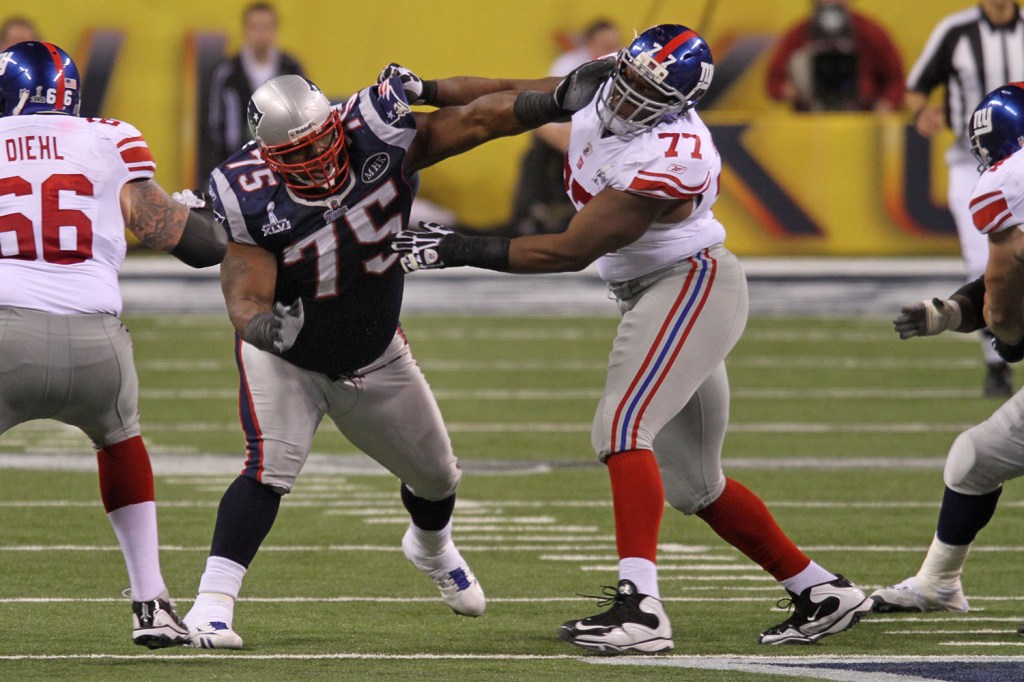
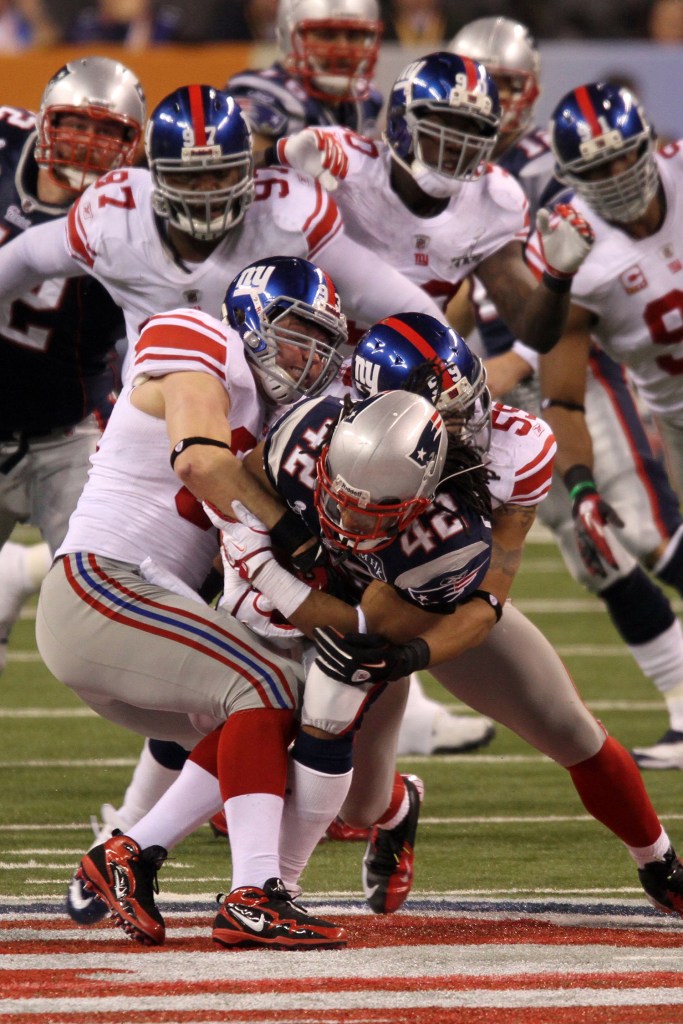
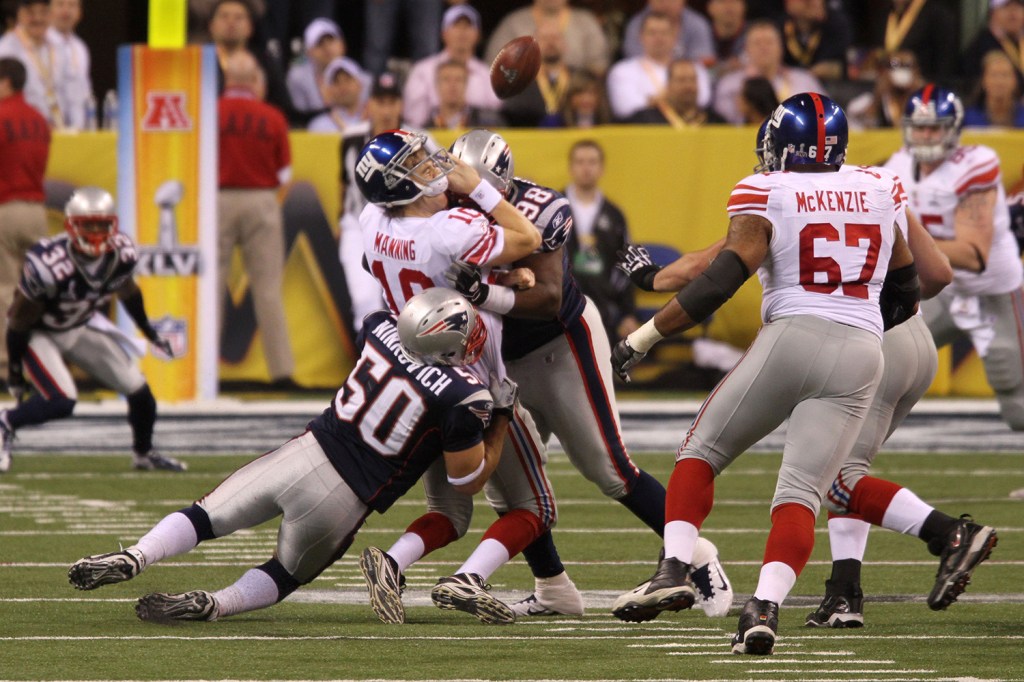
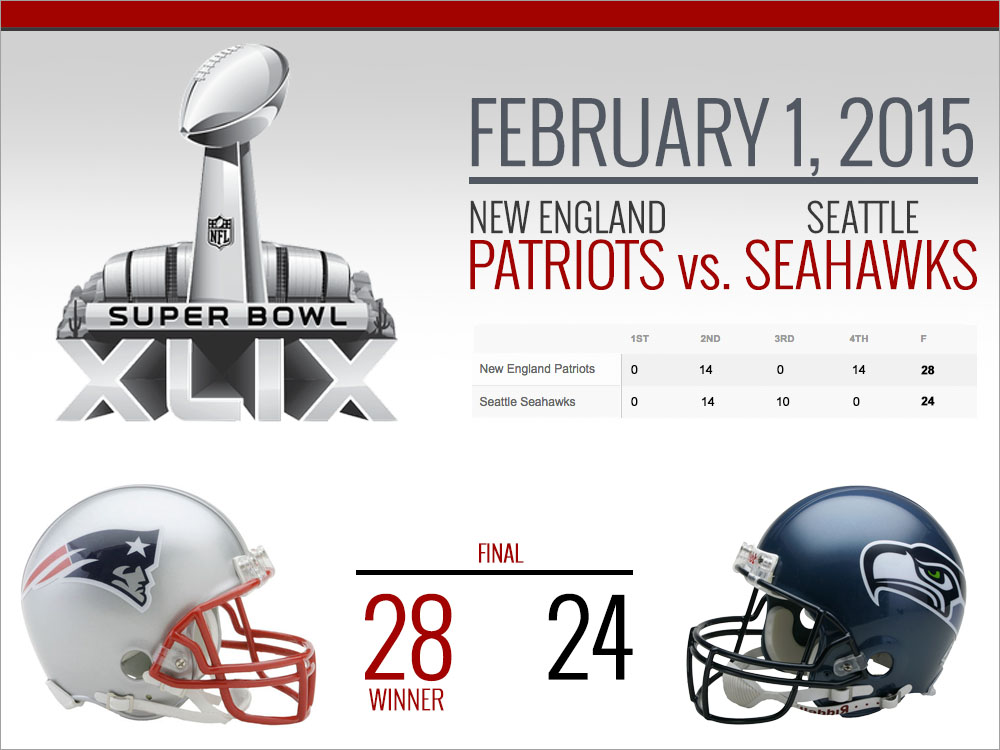
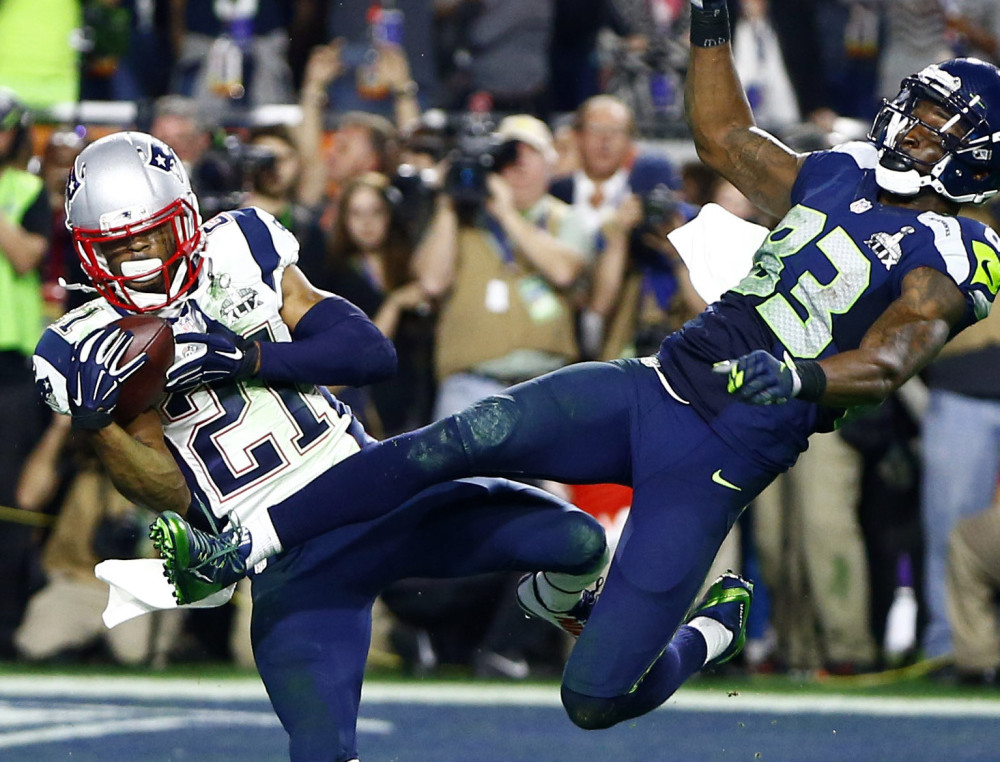
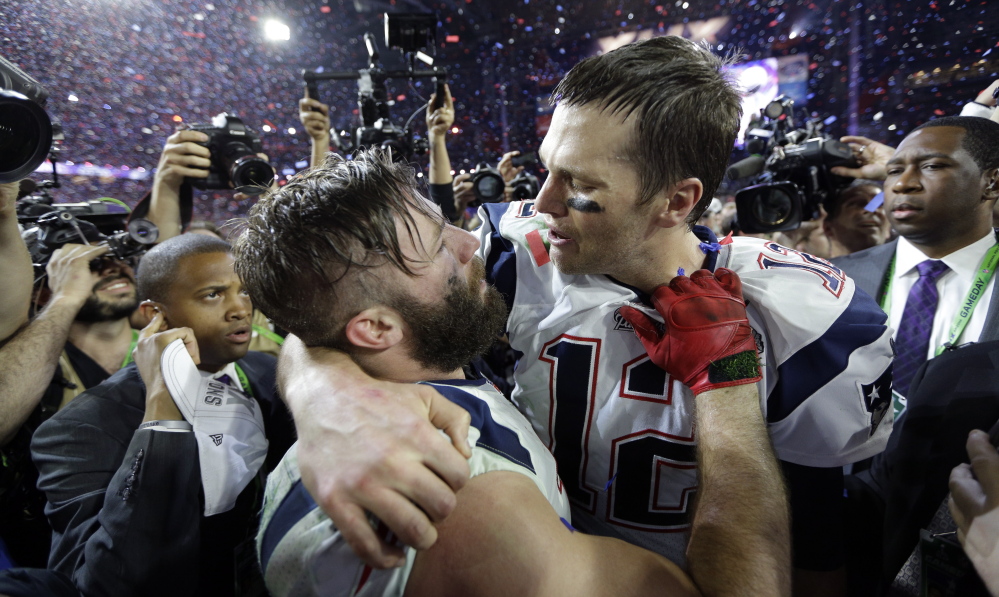
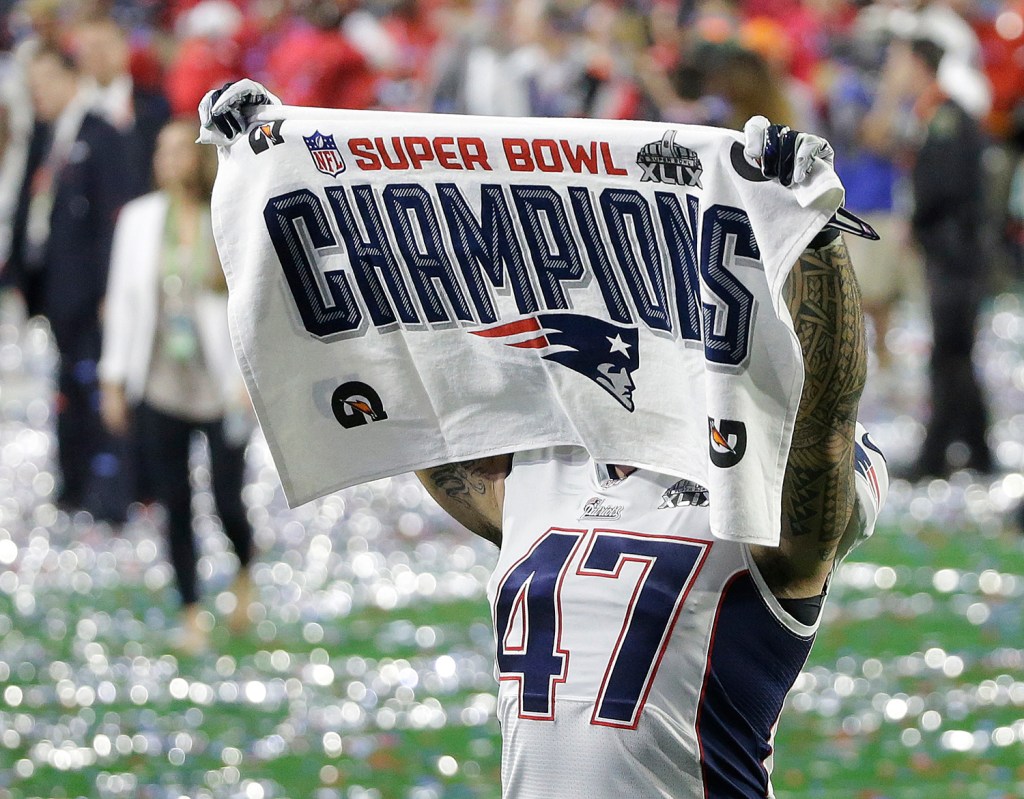
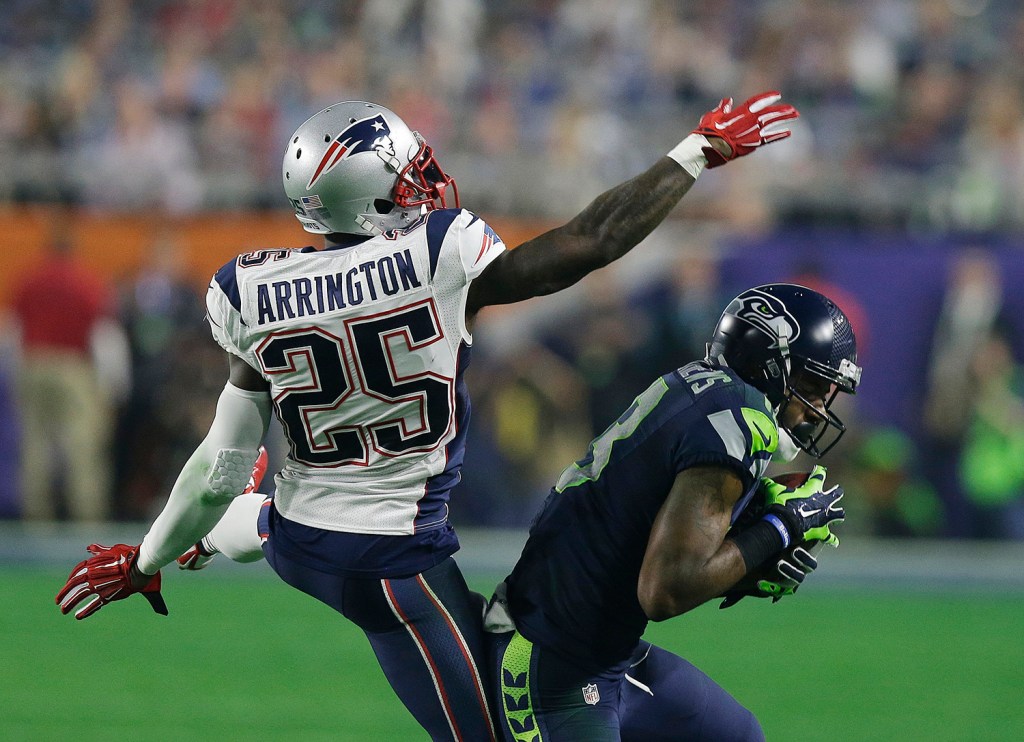

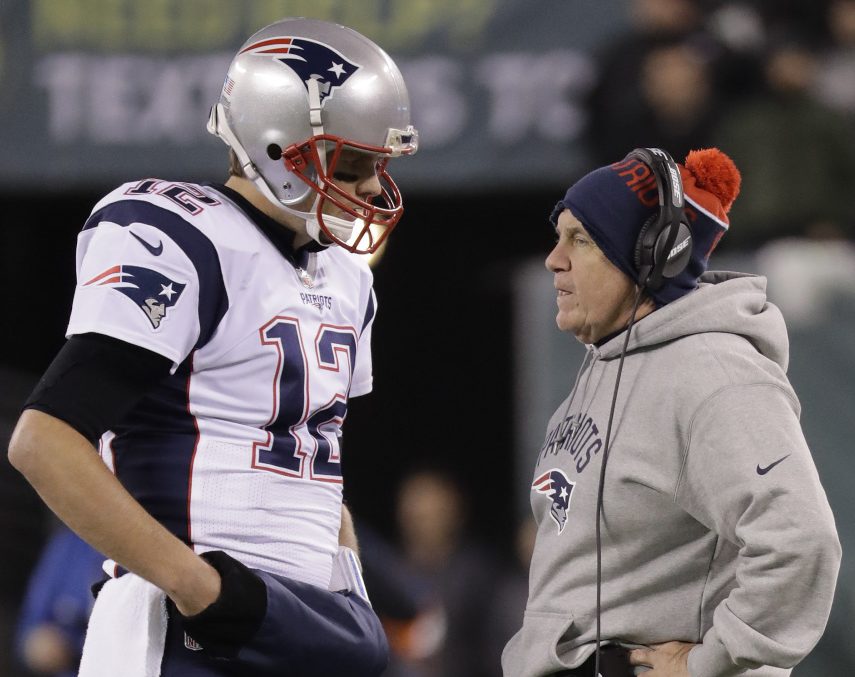

Success. Please wait for the page to reload. If the page does not reload within 5 seconds, please refresh the page.
Enter your email and password to access comments.
Hi, to comment on stories you must . This profile is in addition to your subscription and website login.
Already have a commenting profile? .
Invalid username/password.
Please check your email to confirm and complete your registration.
Only subscribers are eligible to post comments. Please subscribe or login first for digital access. Here’s why.
Use the form below to reset your password. When you've submitted your account email, we will send an email with a reset code.